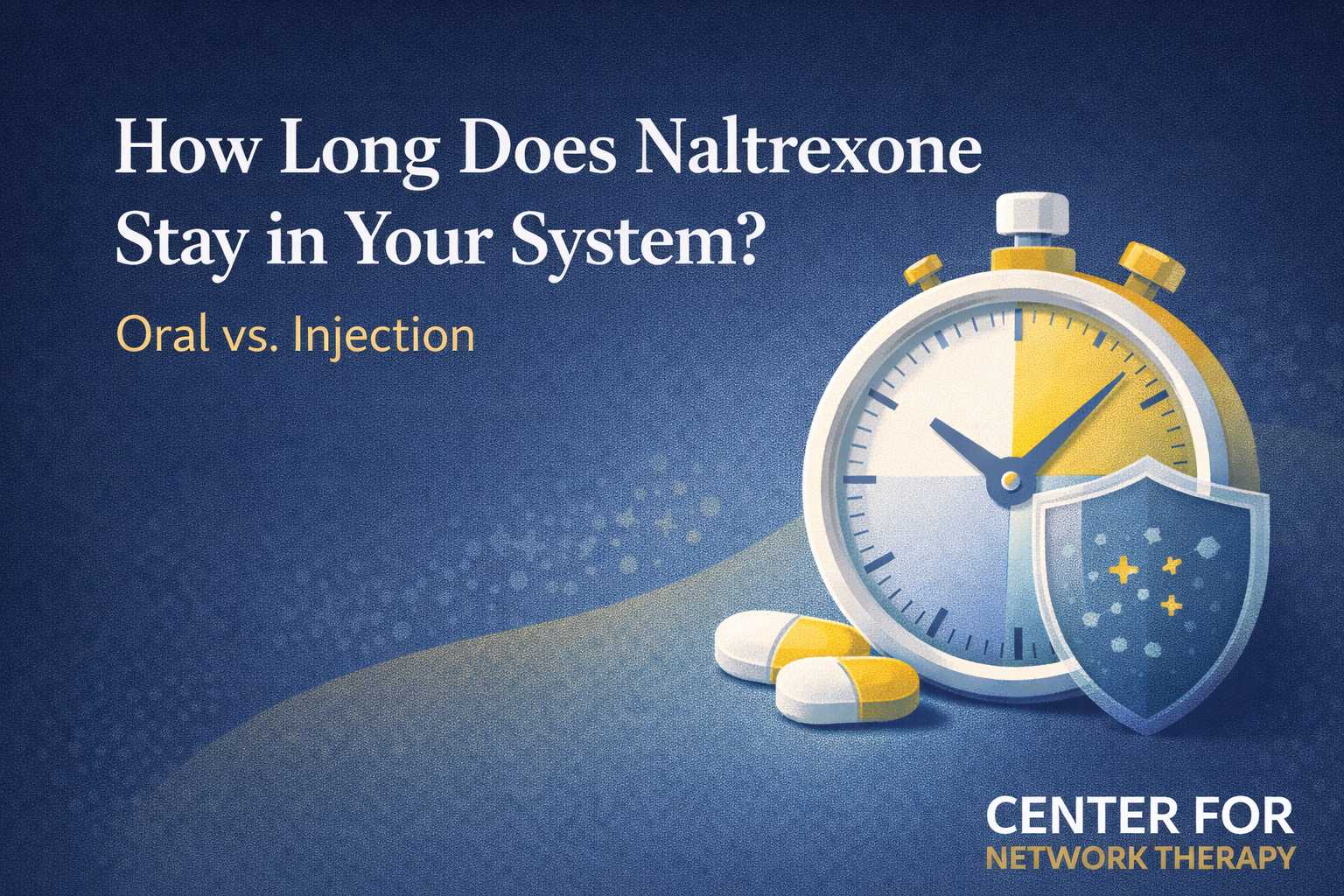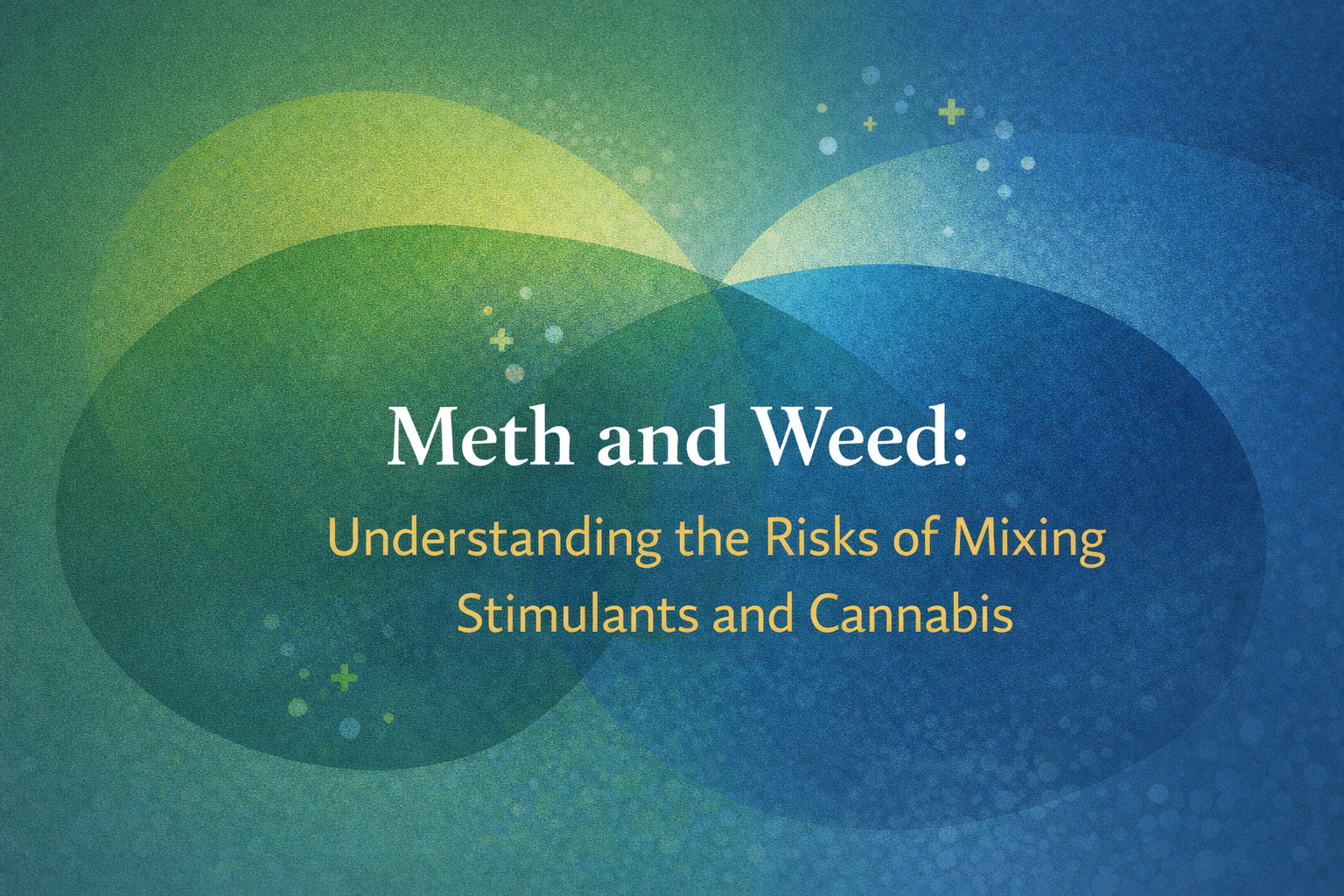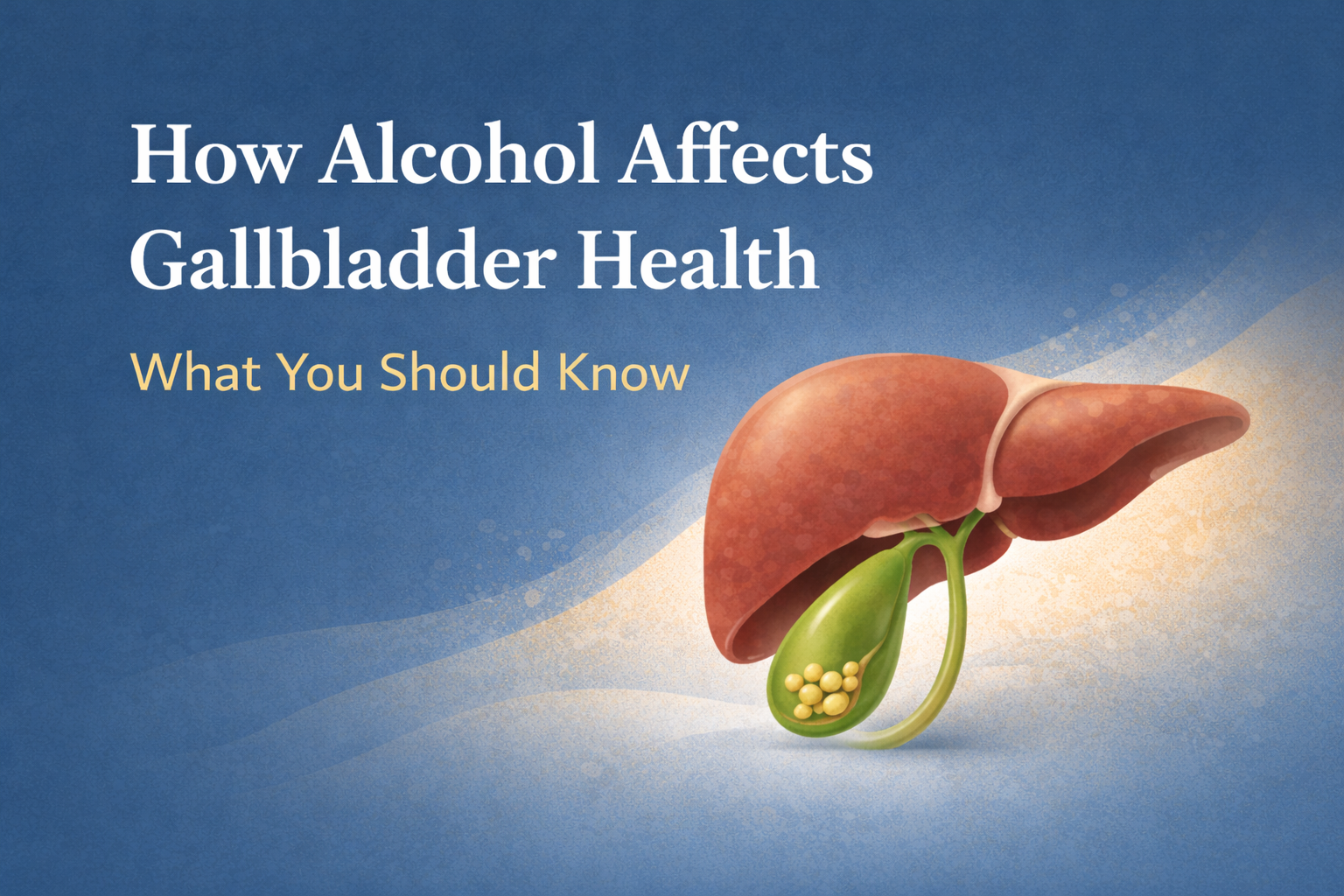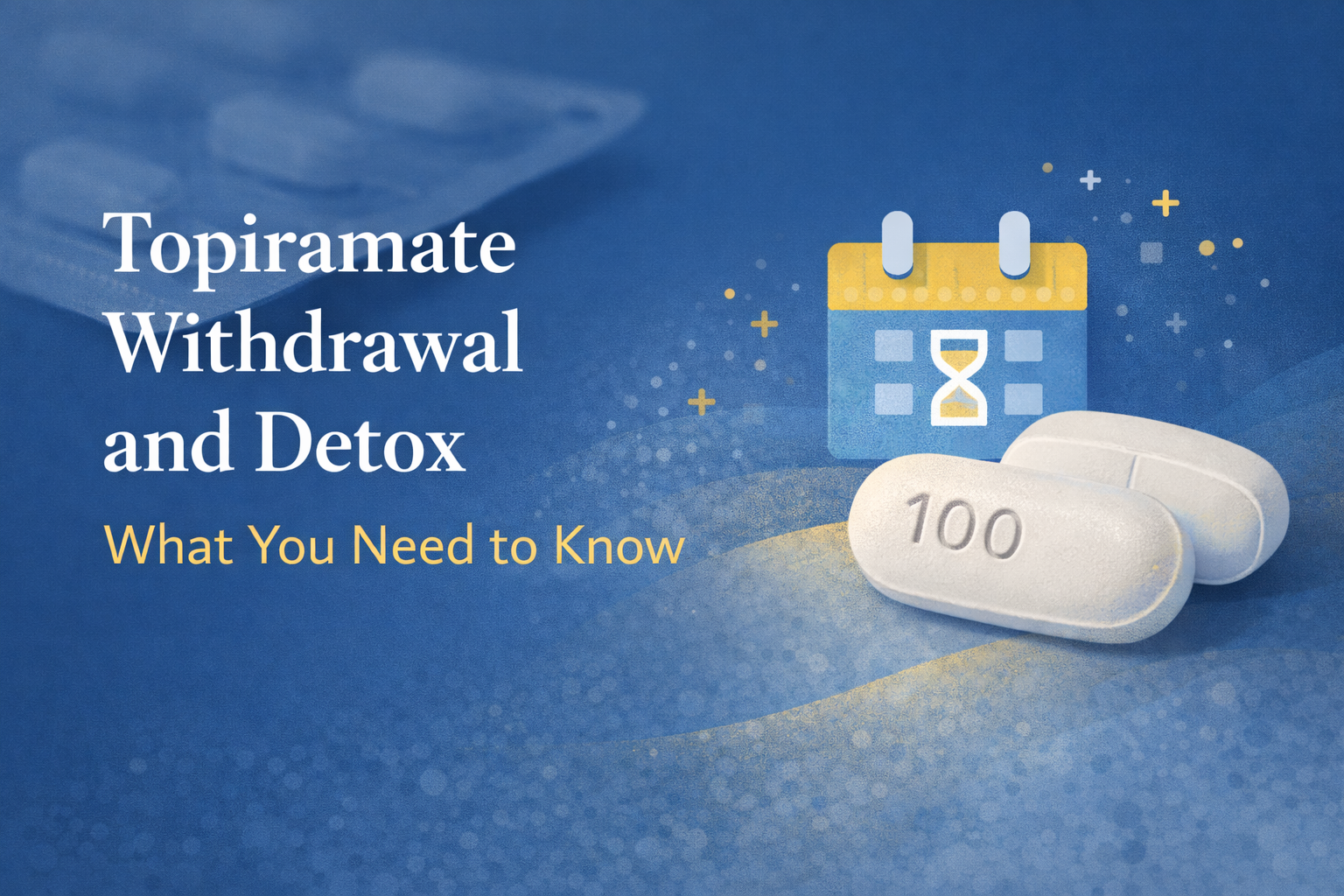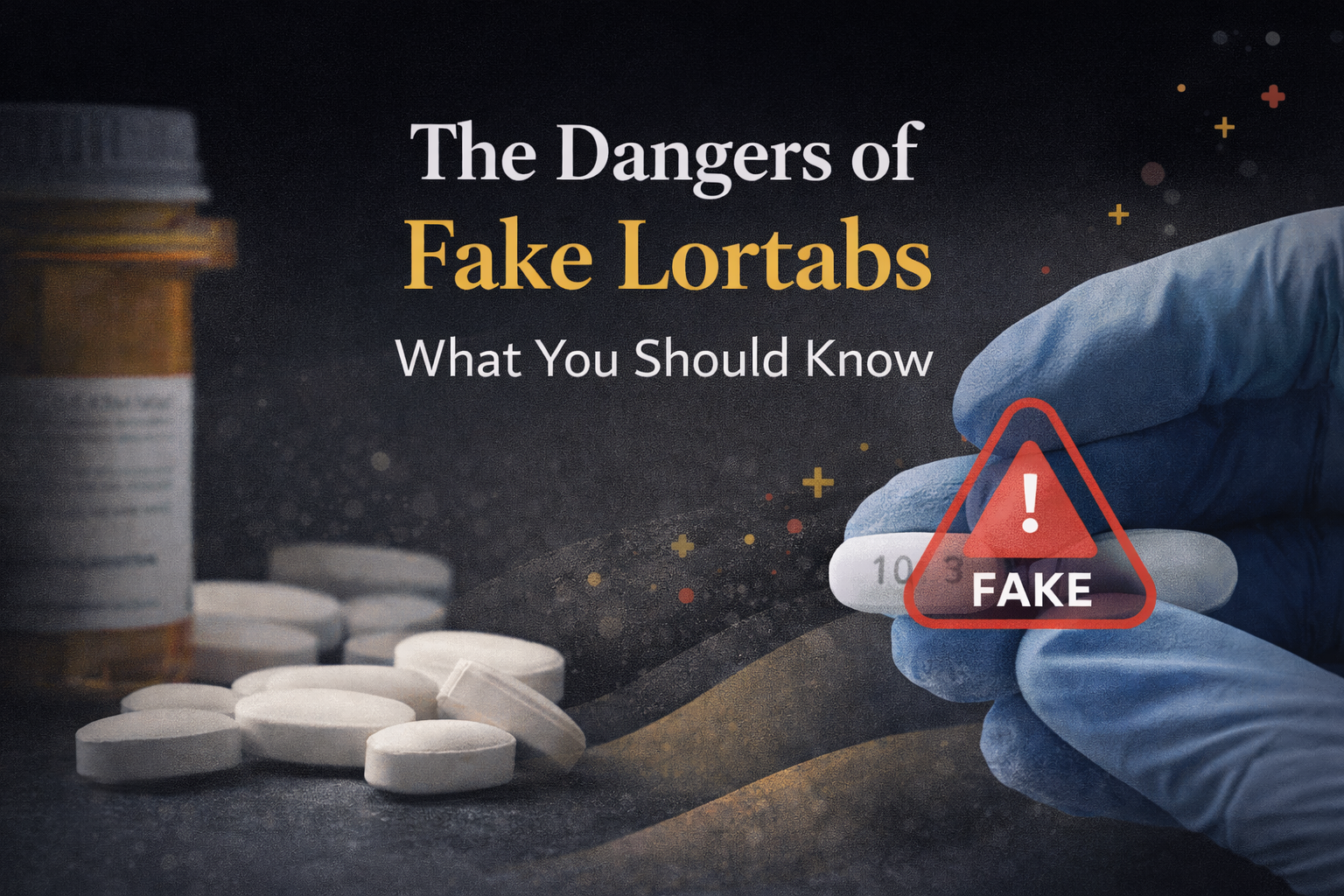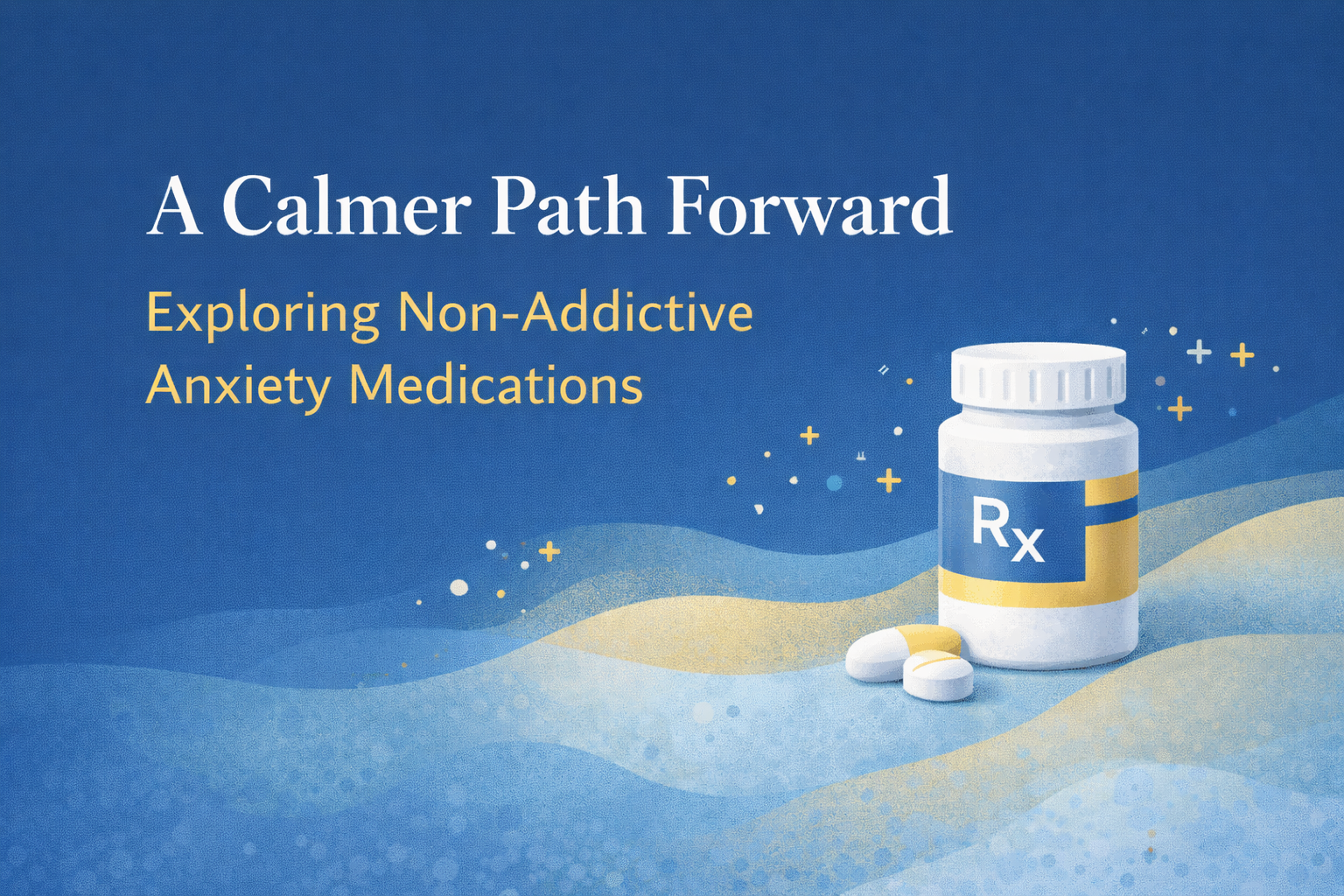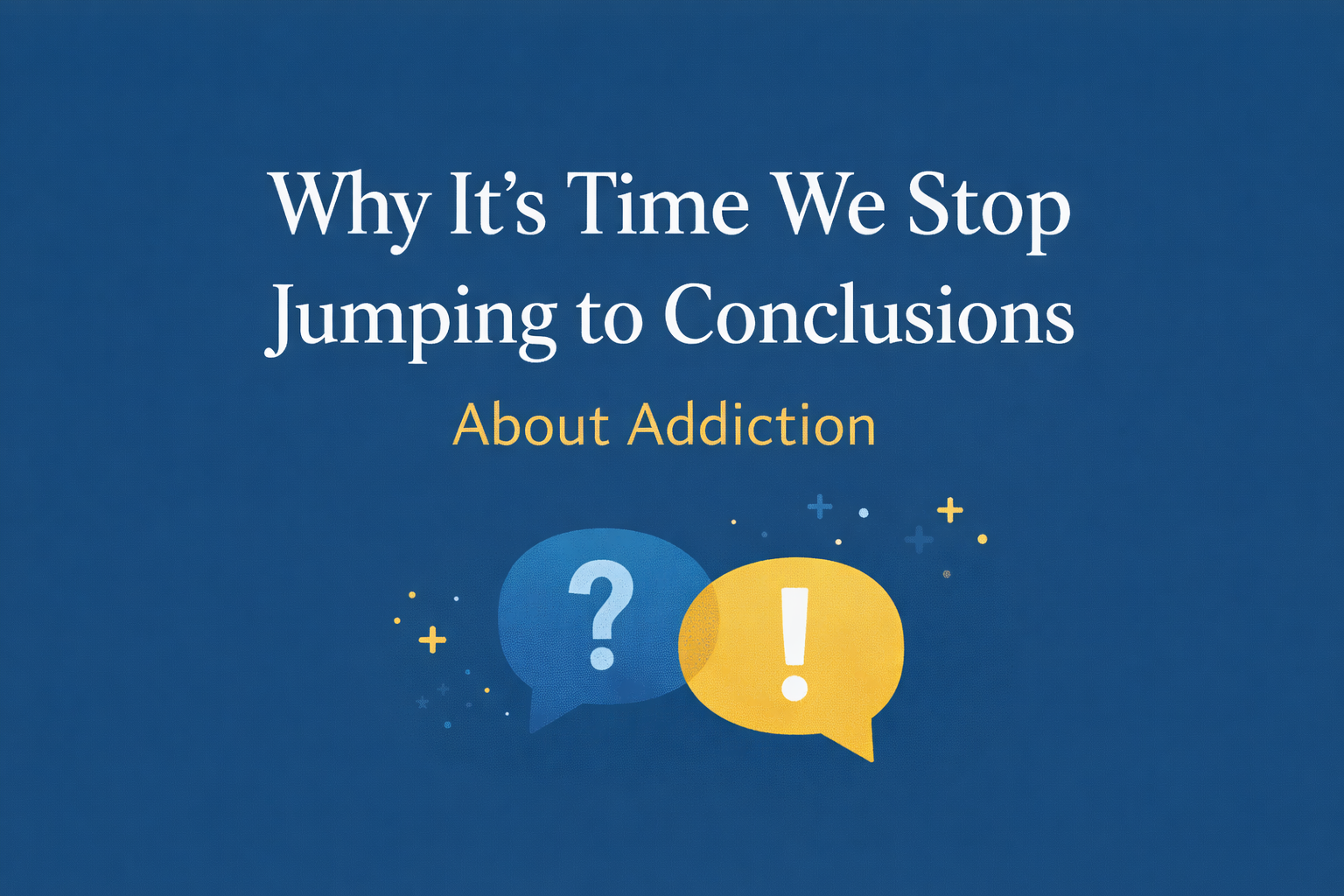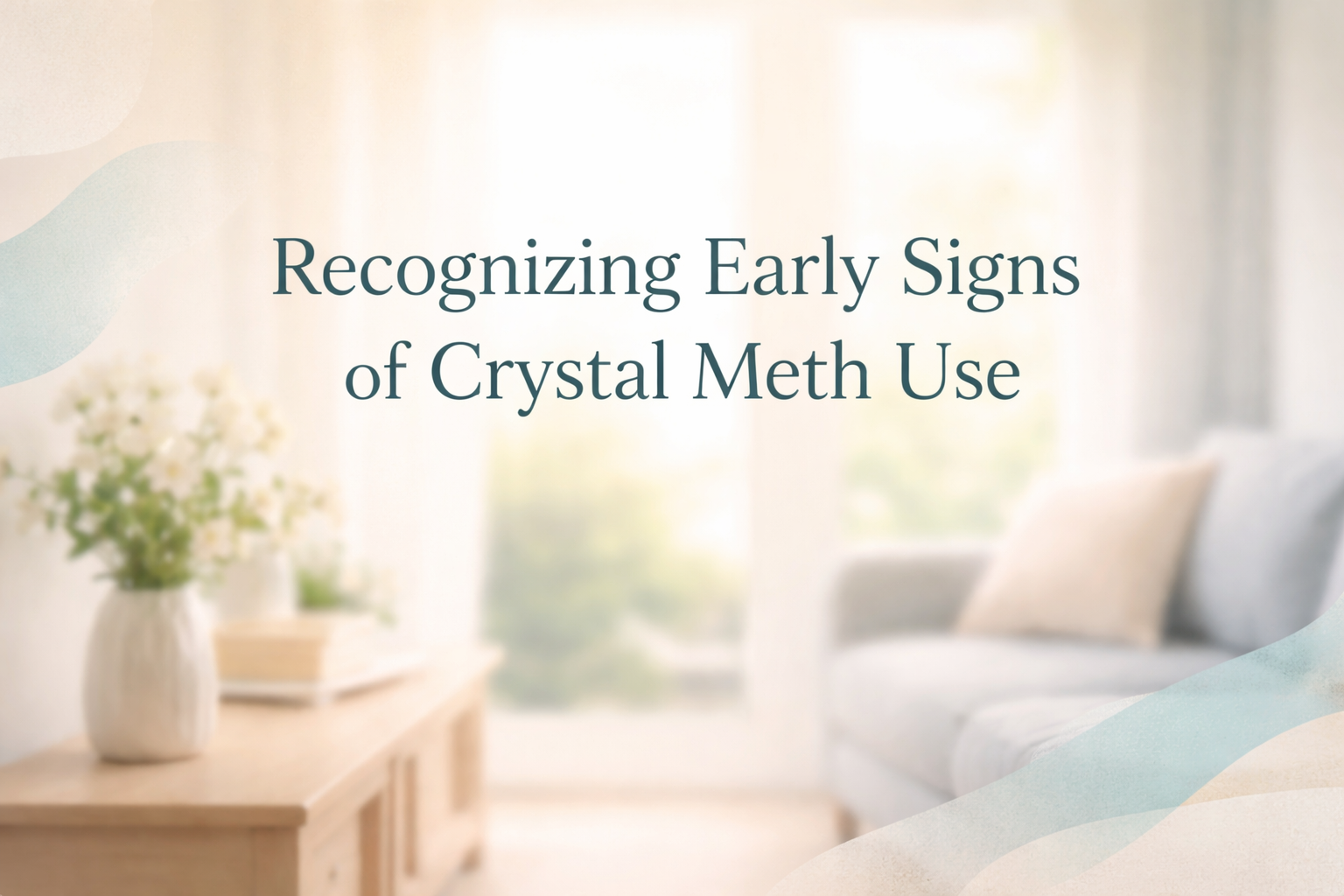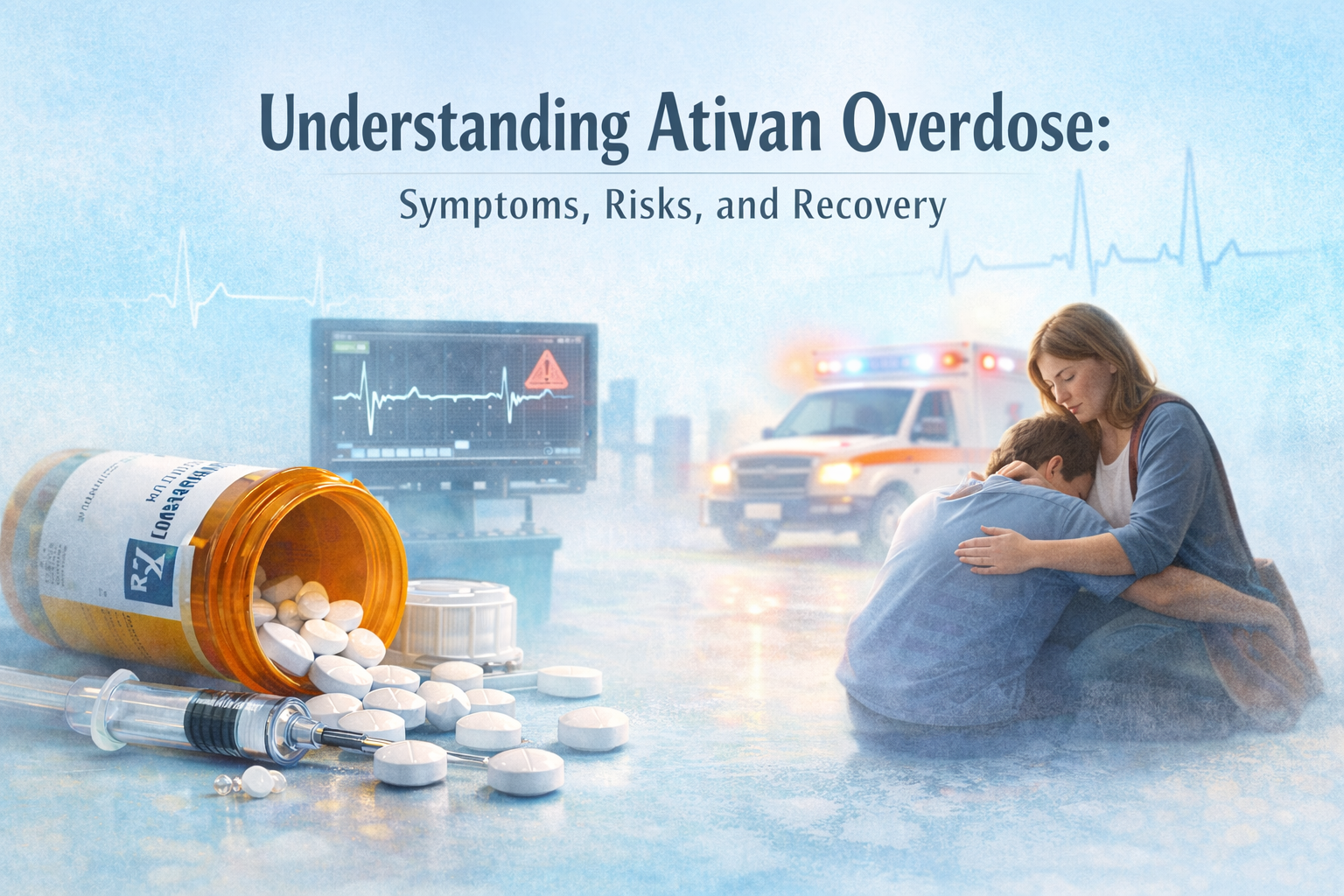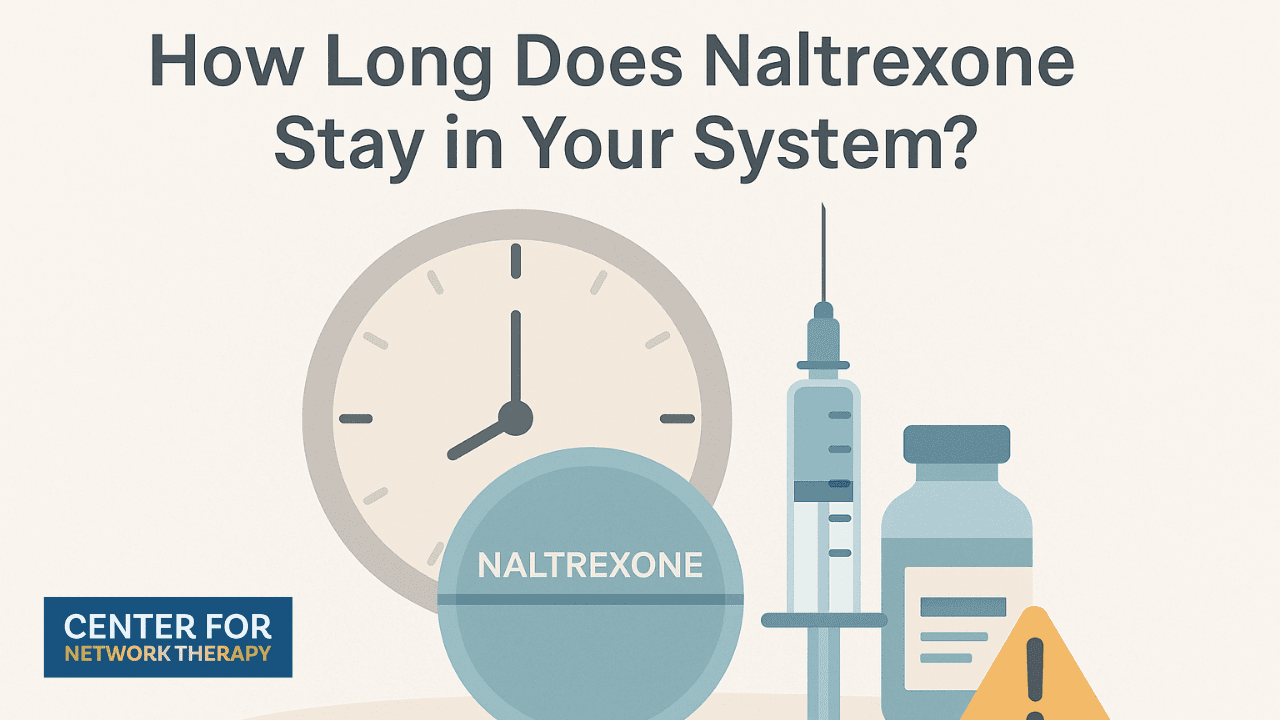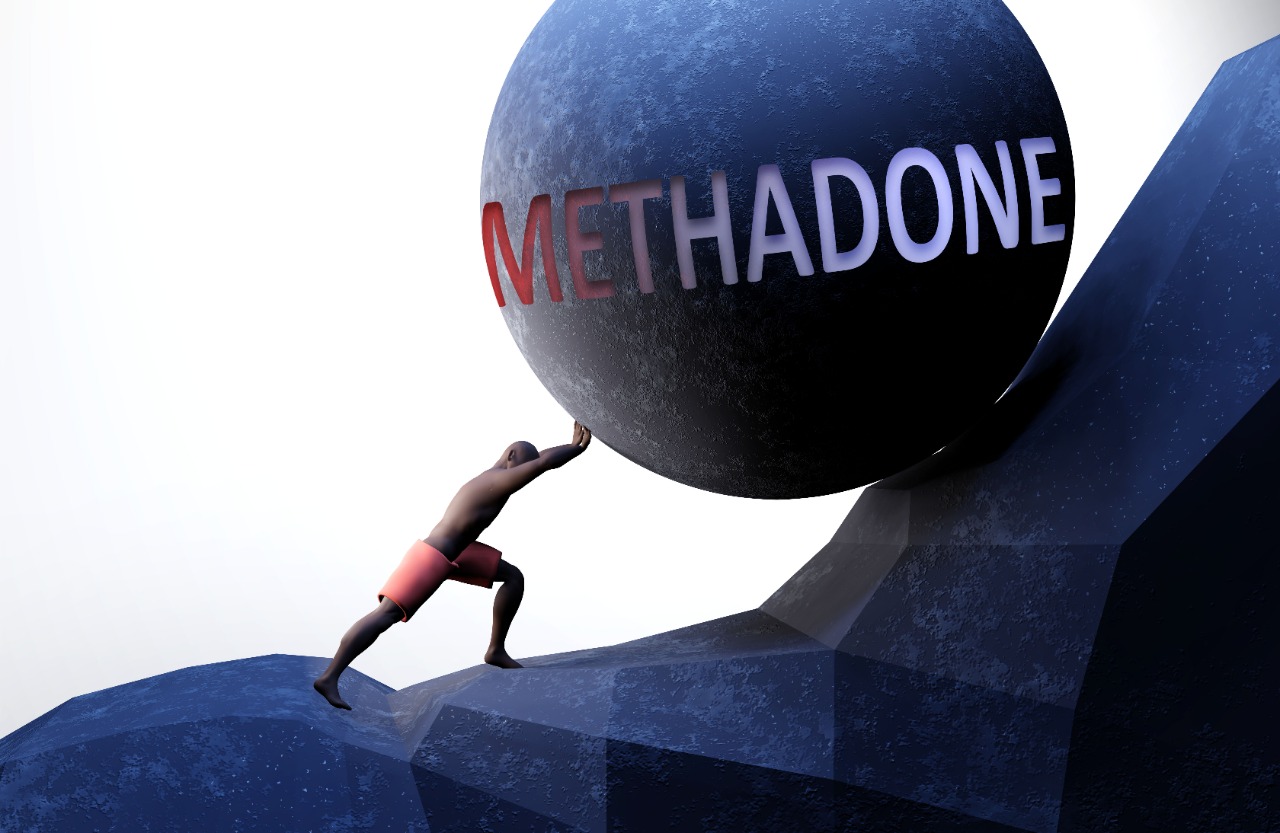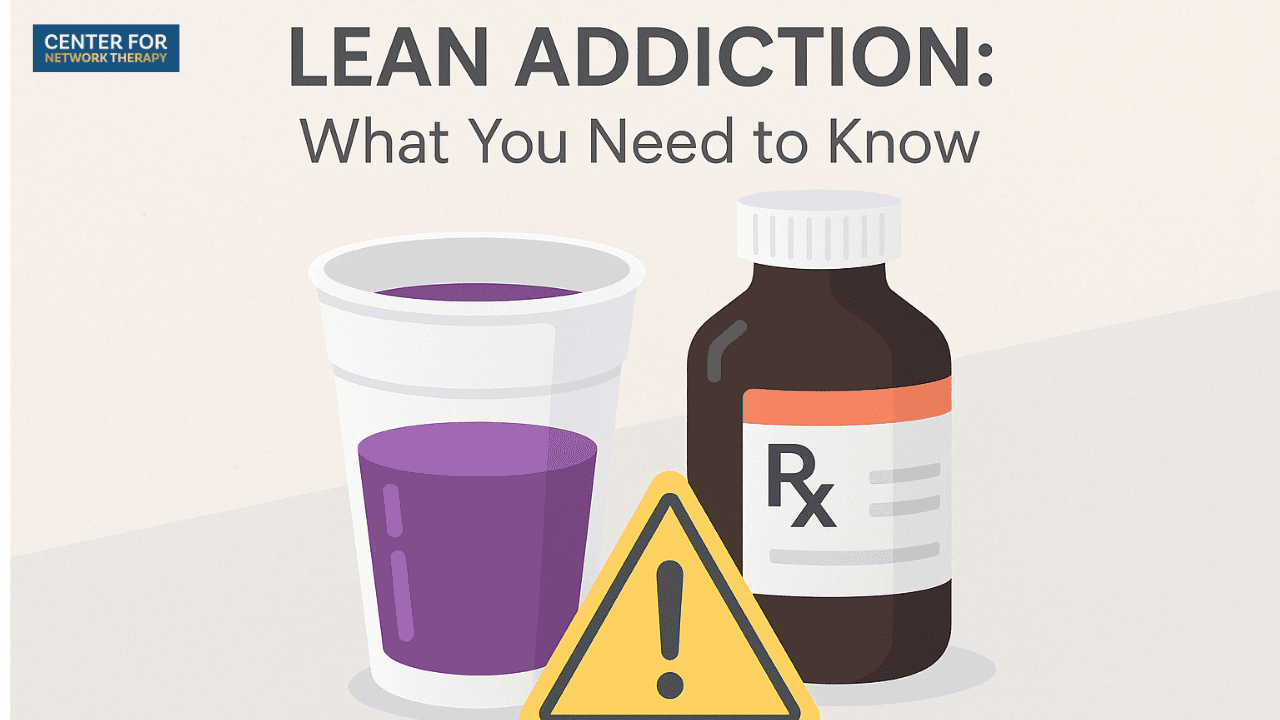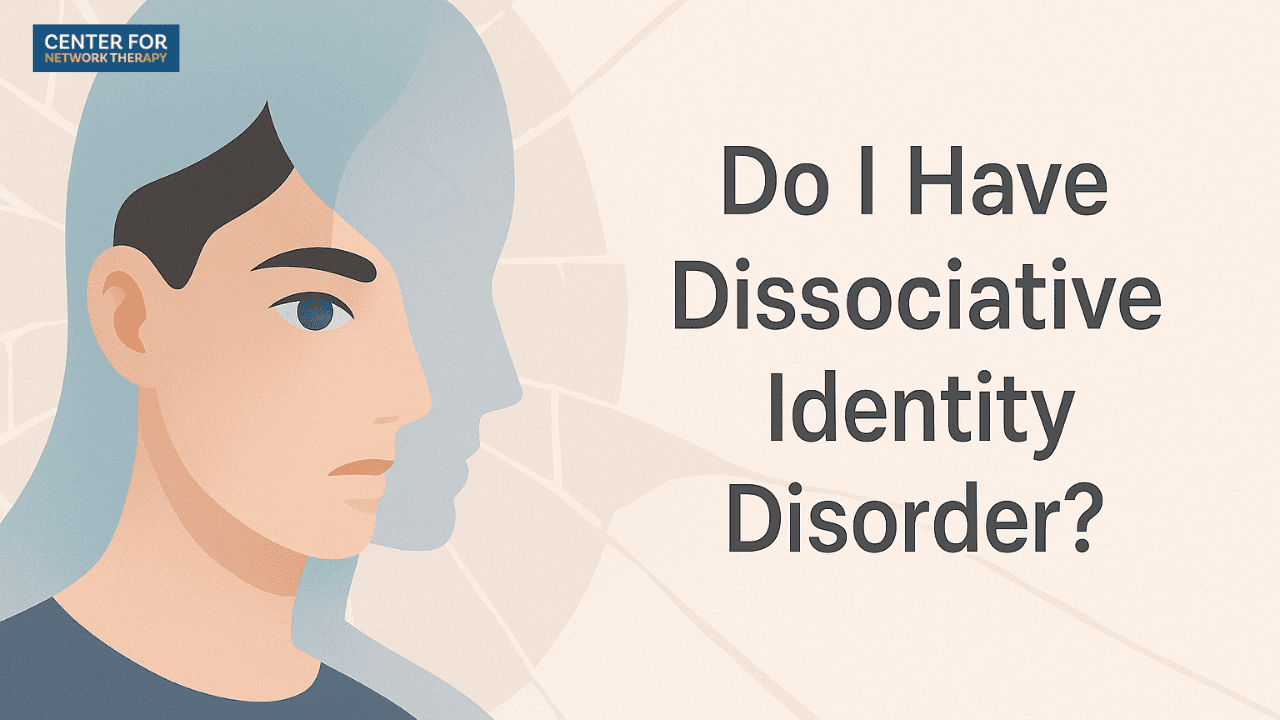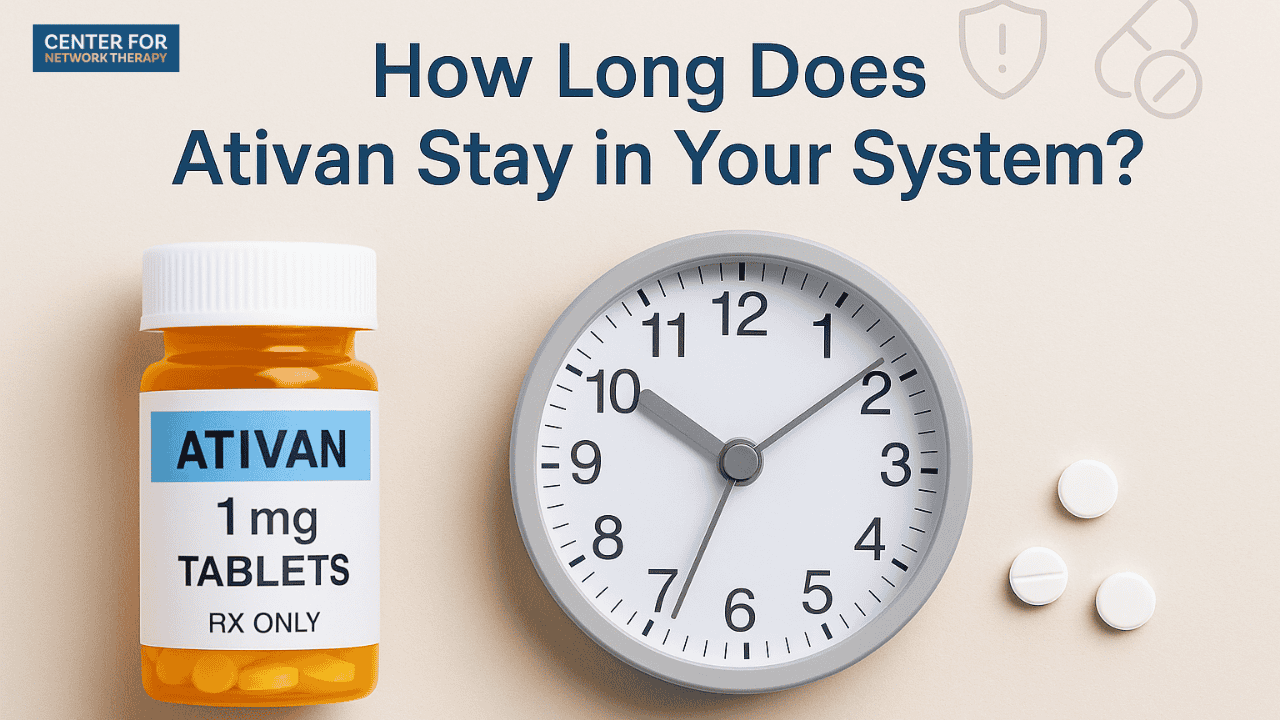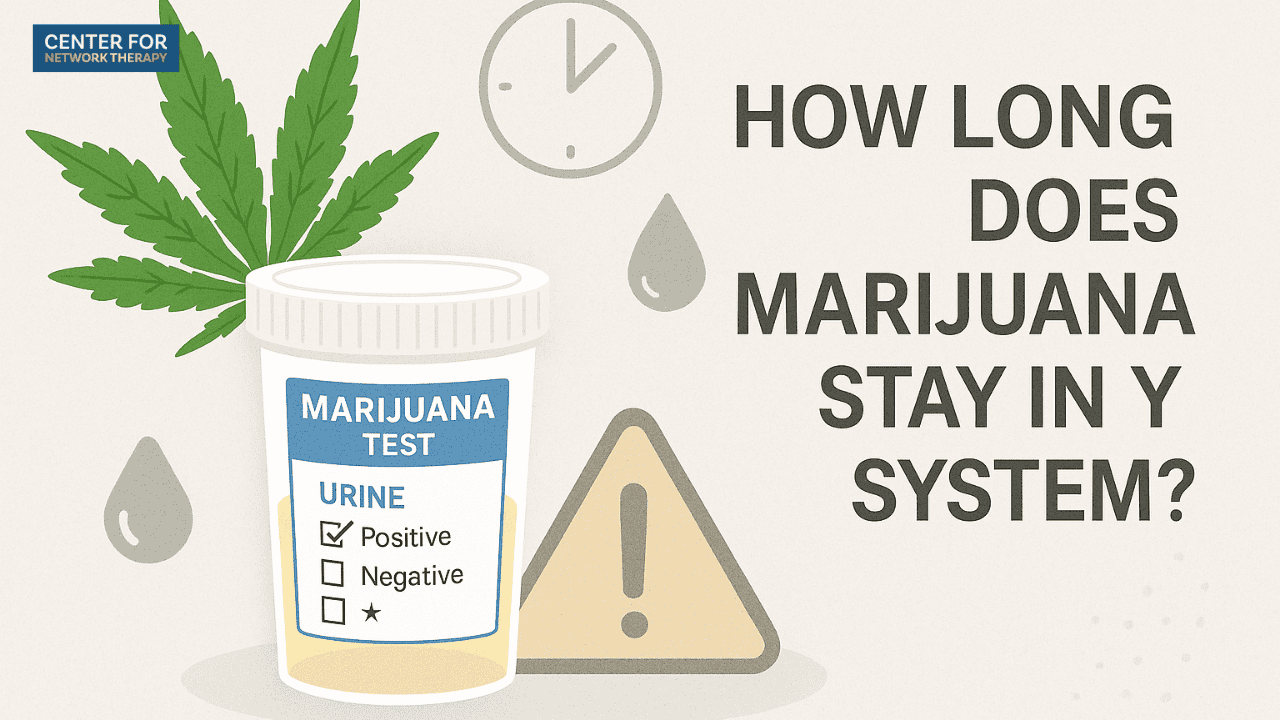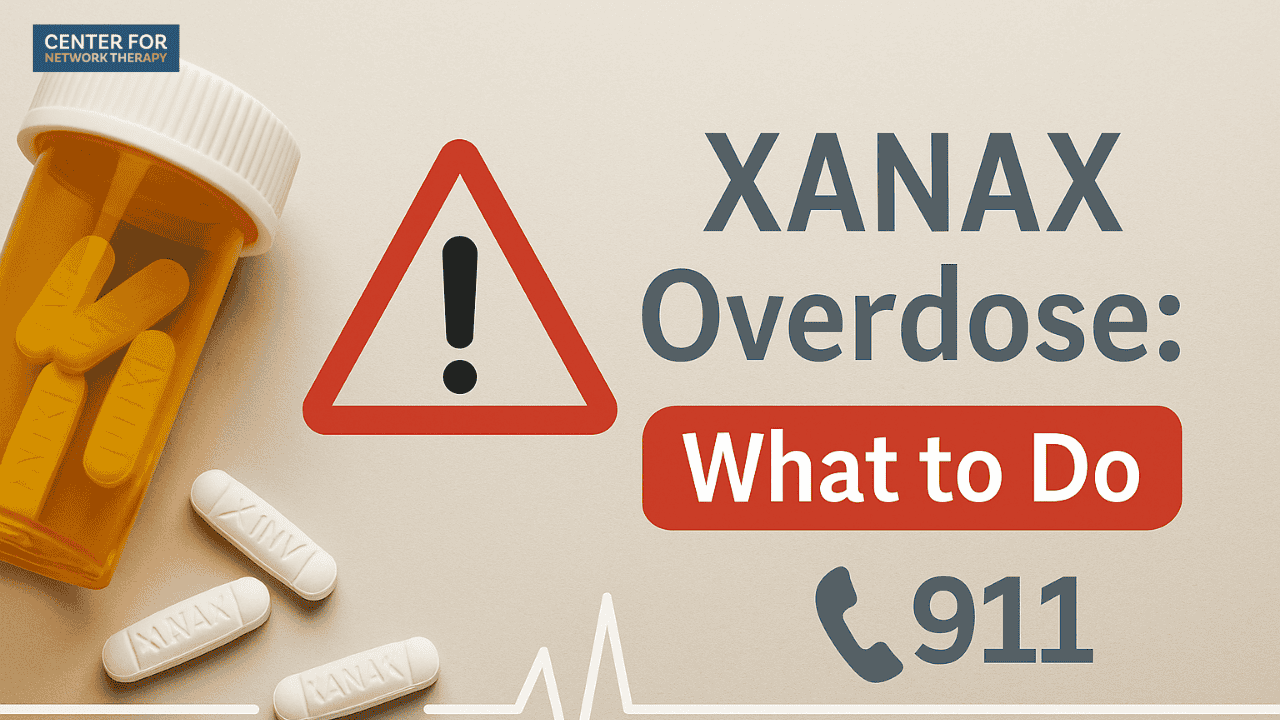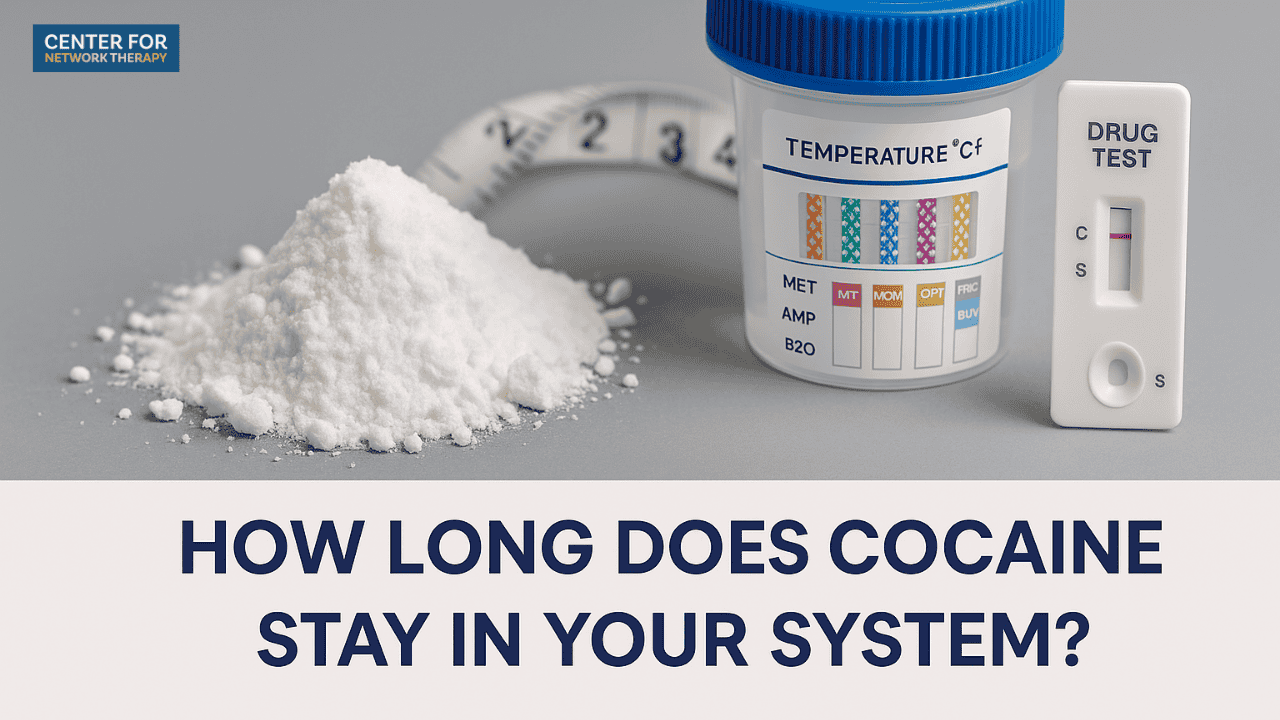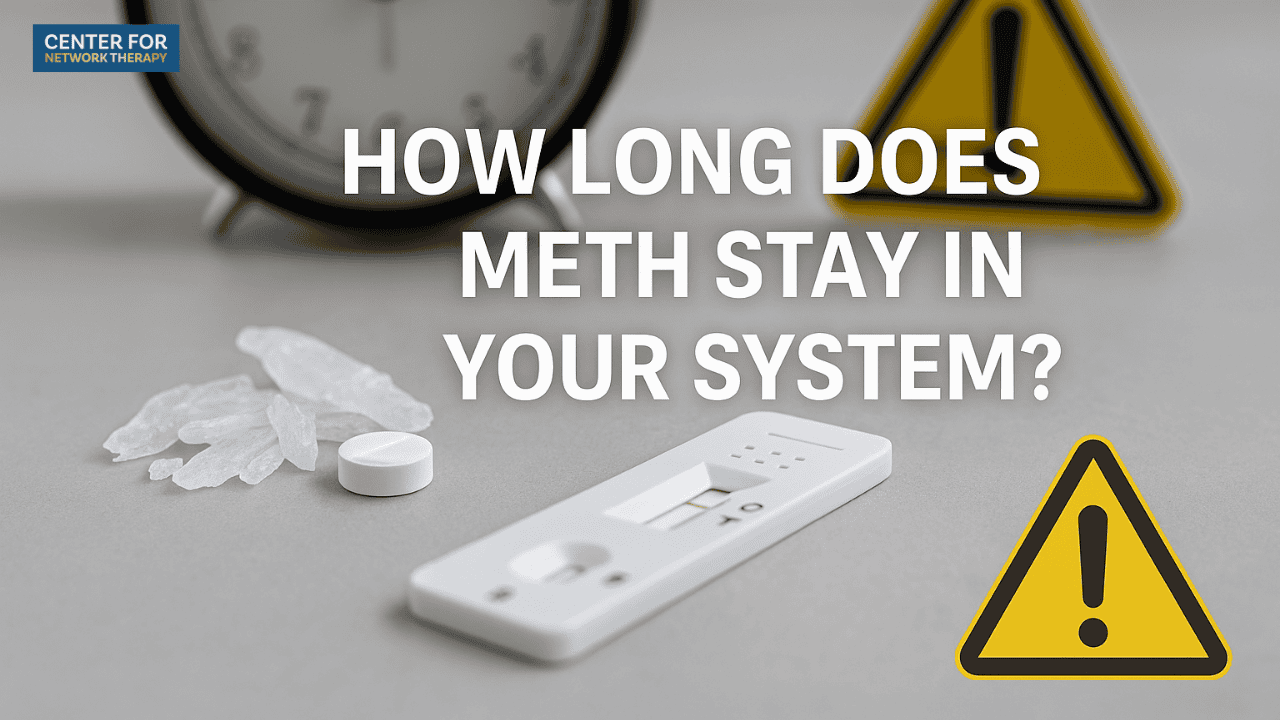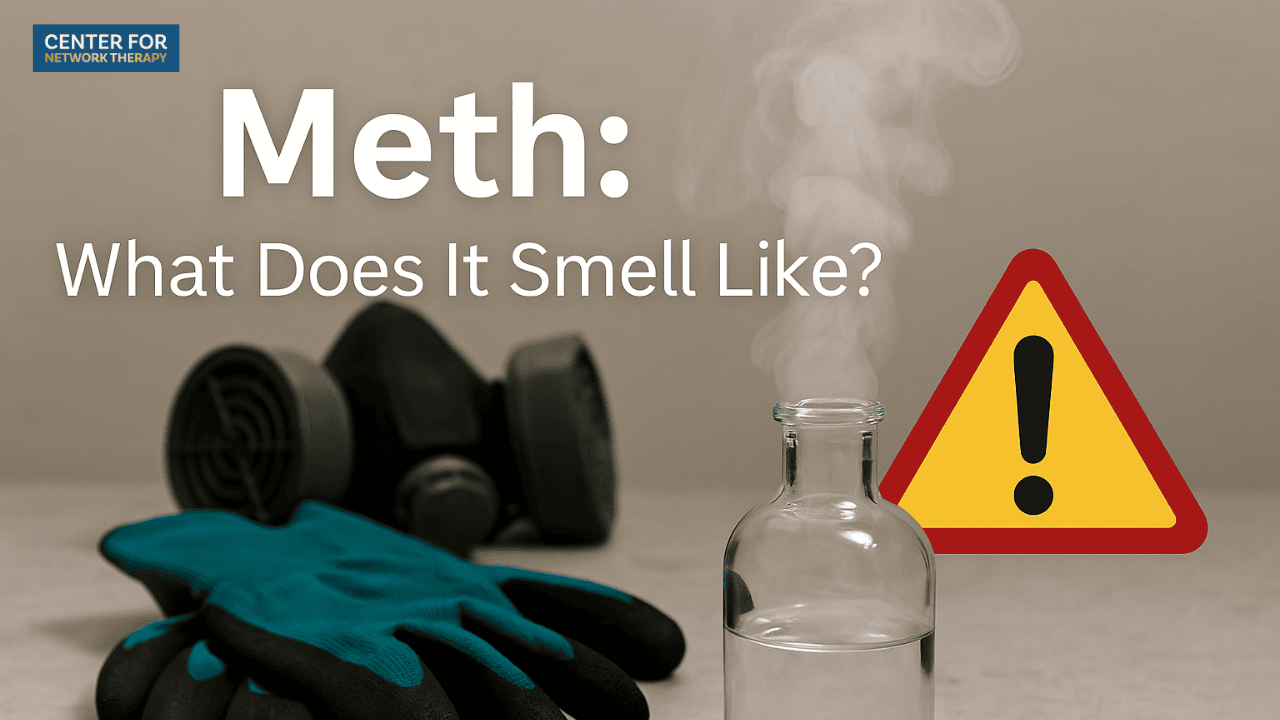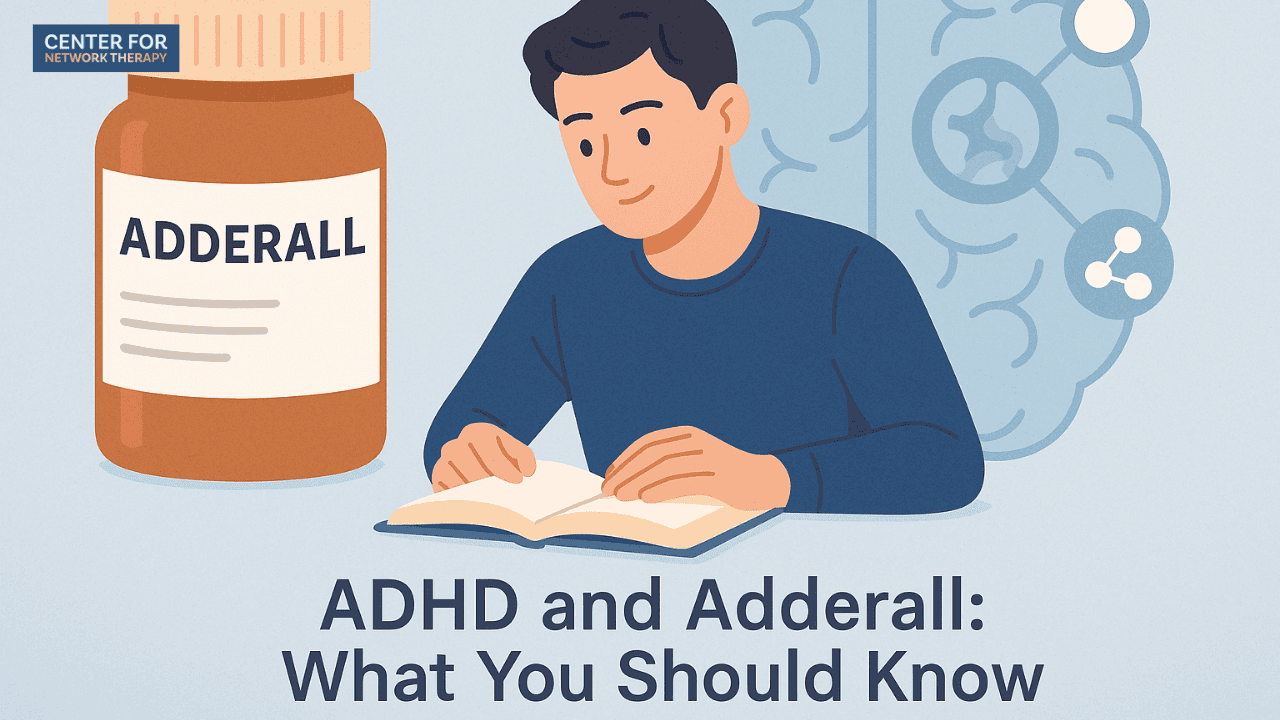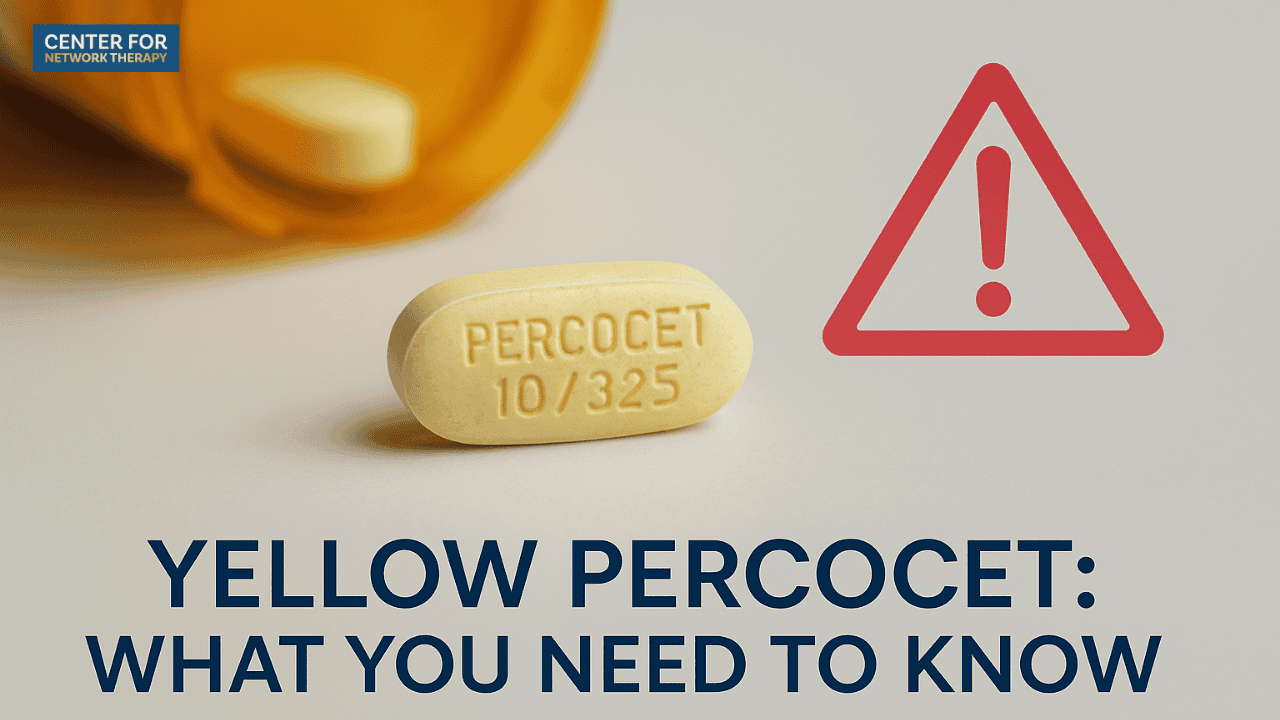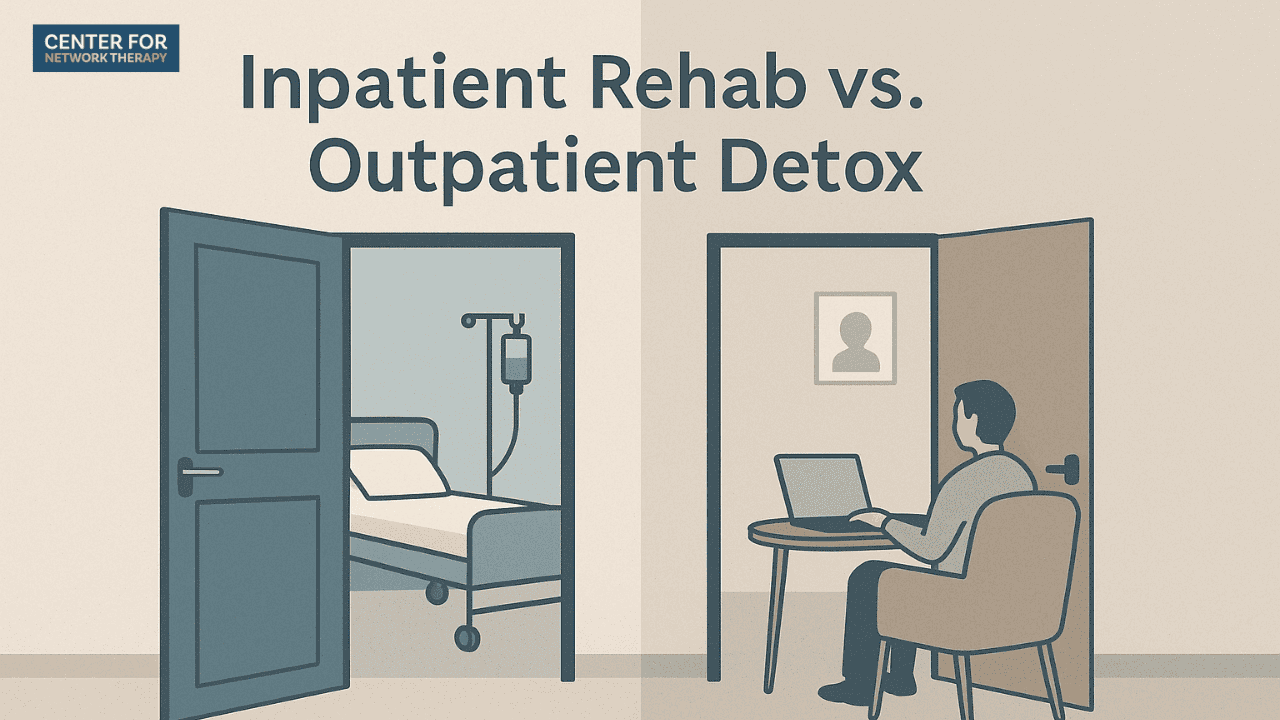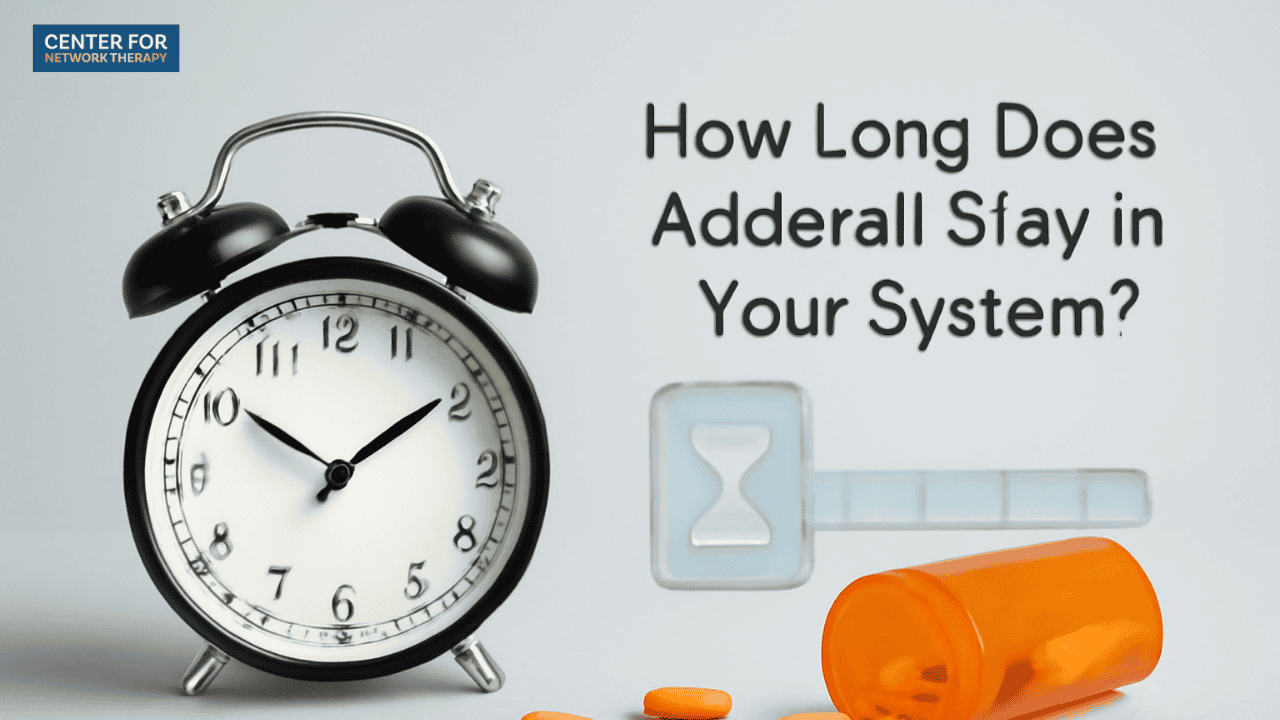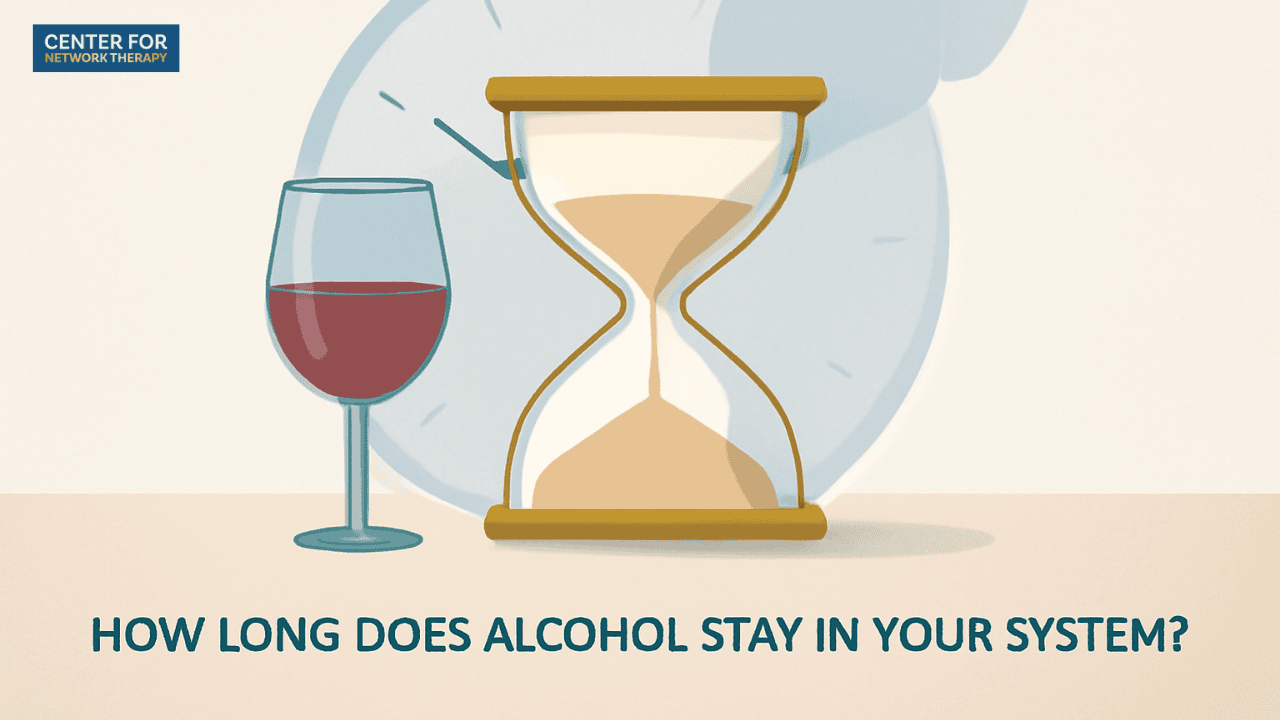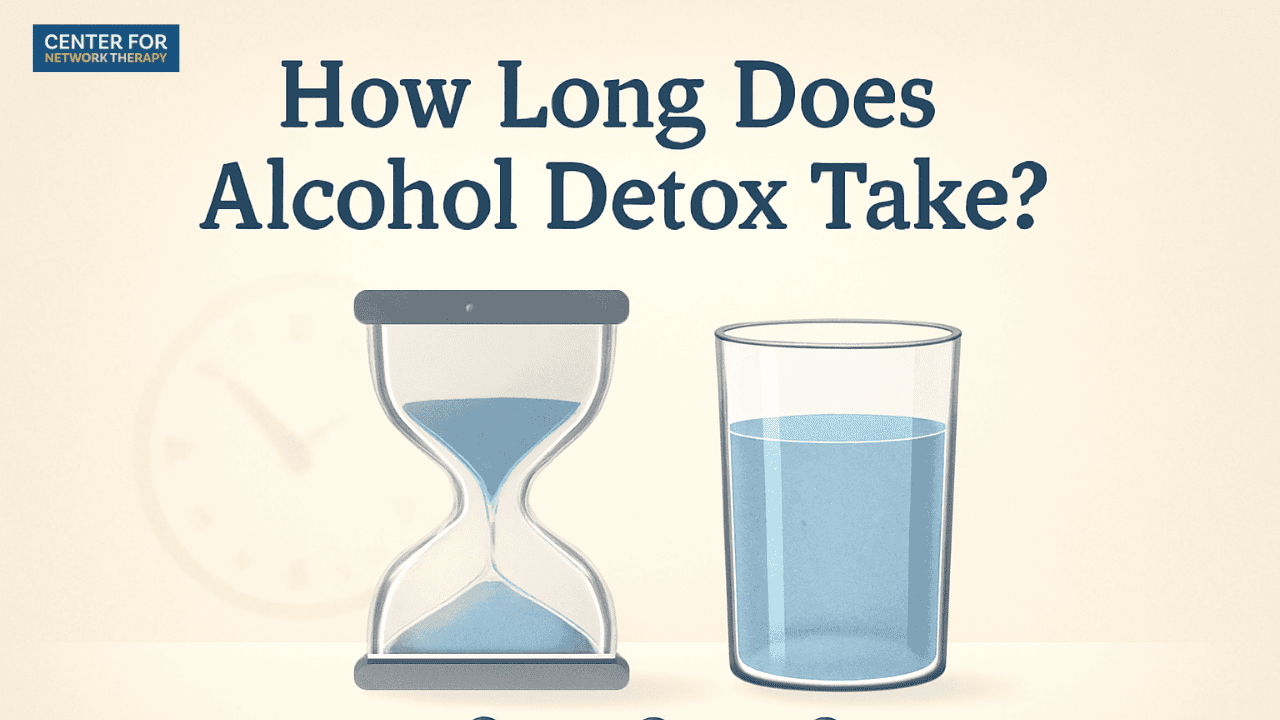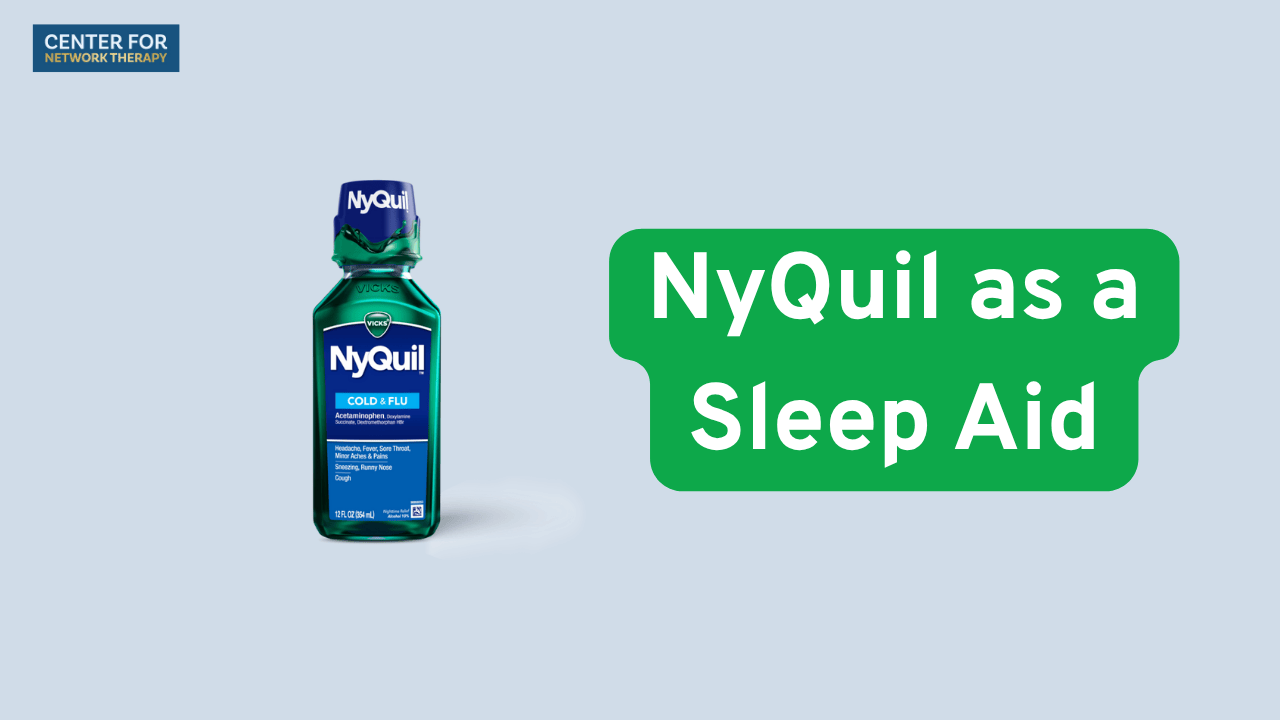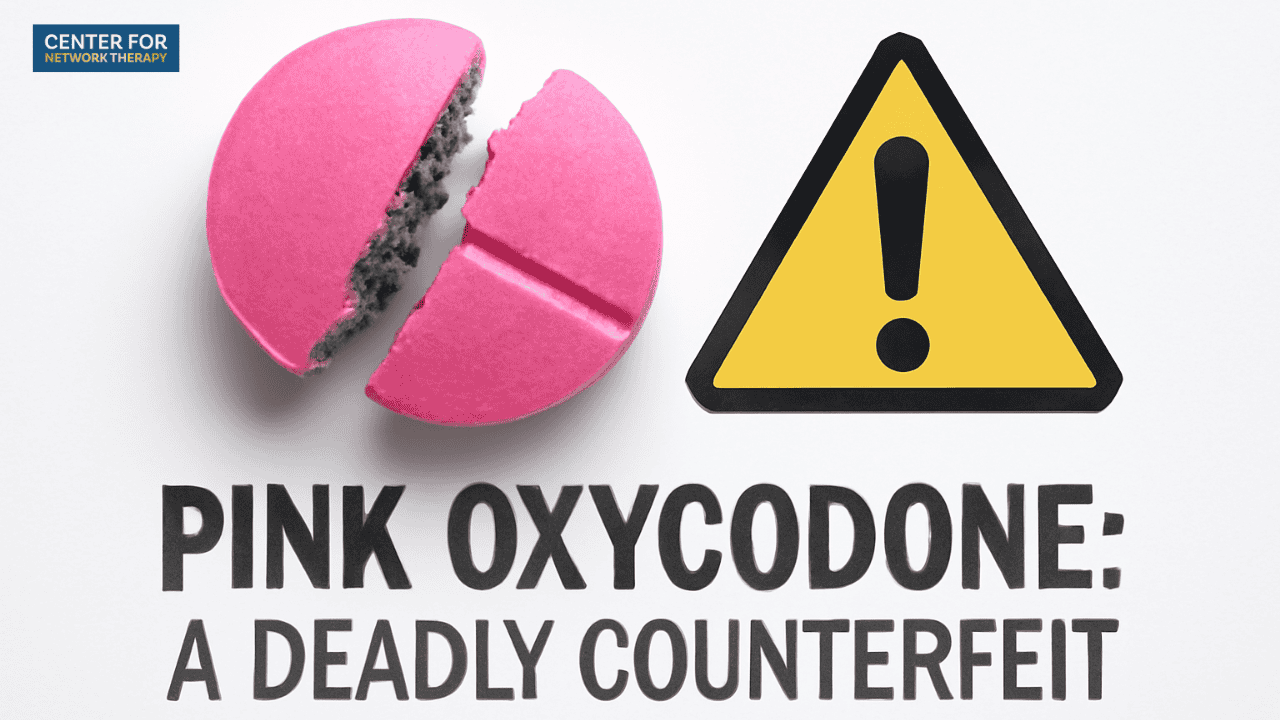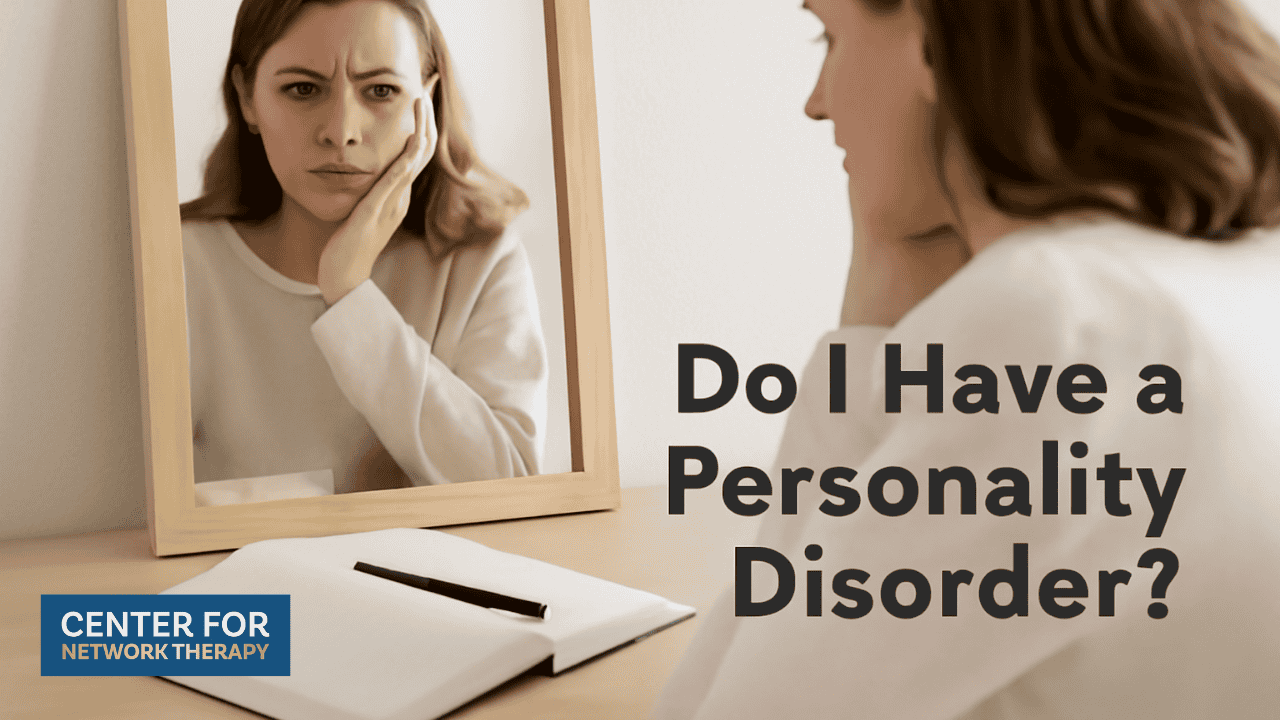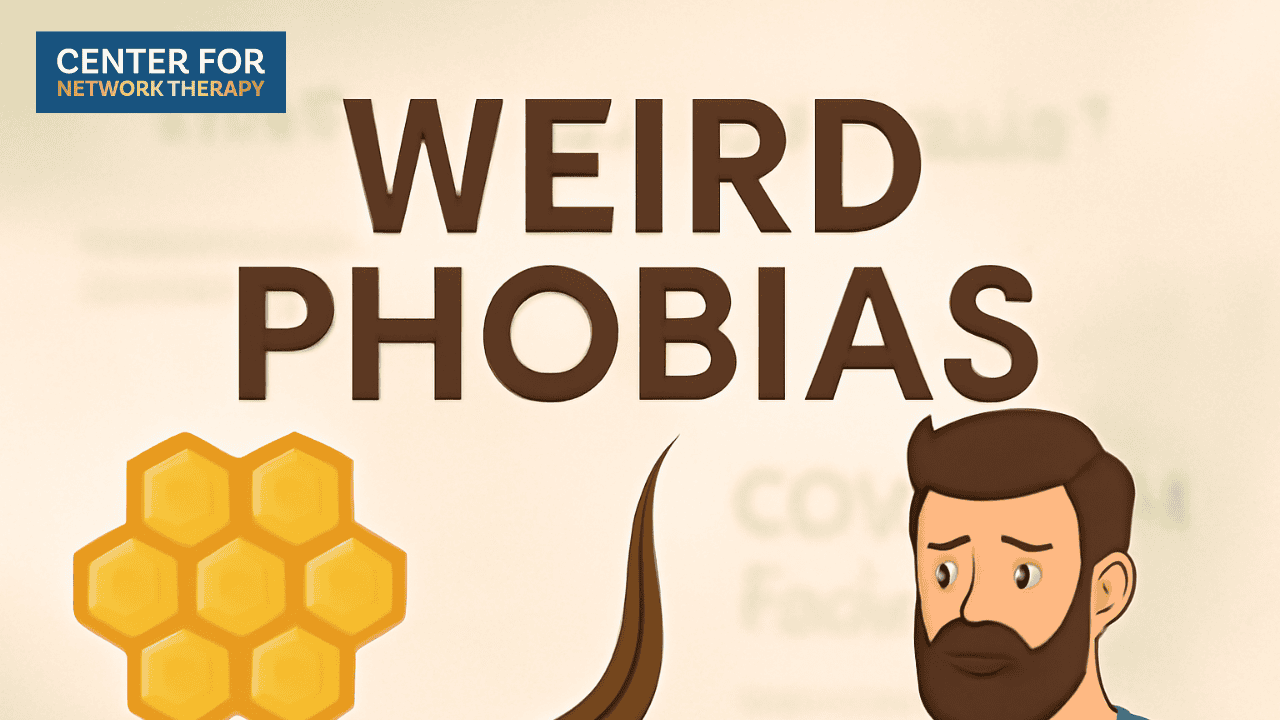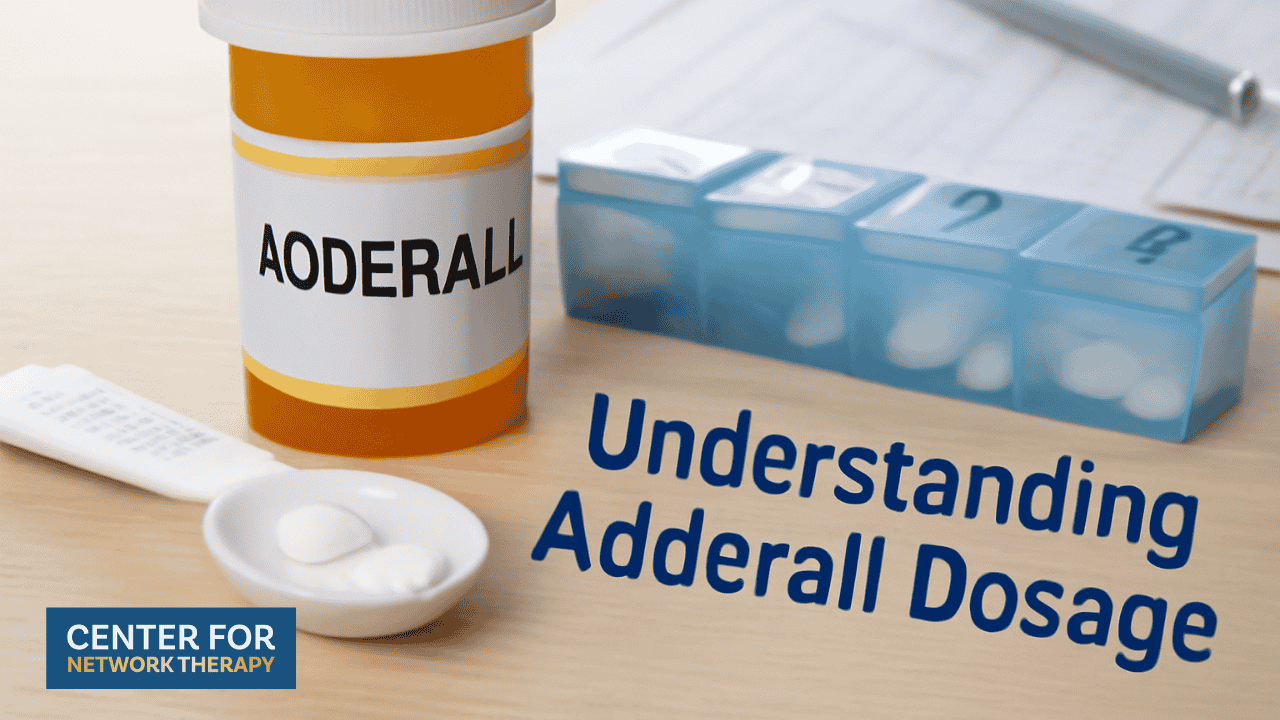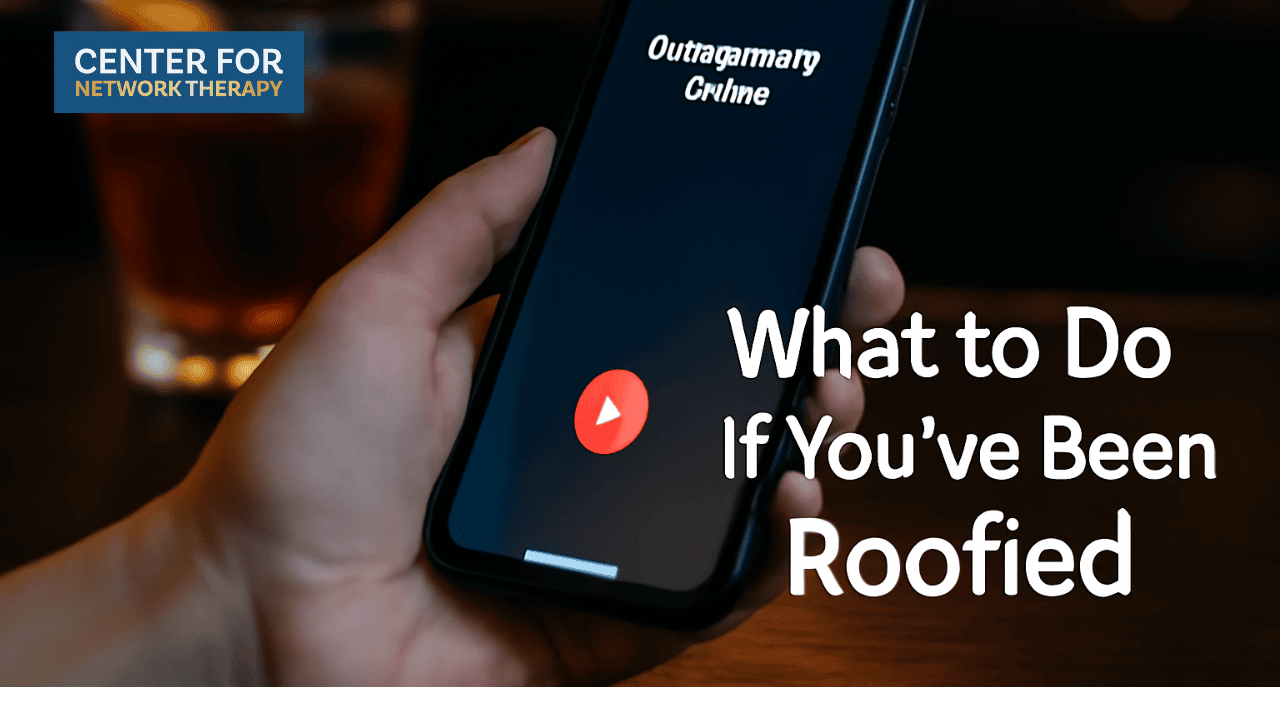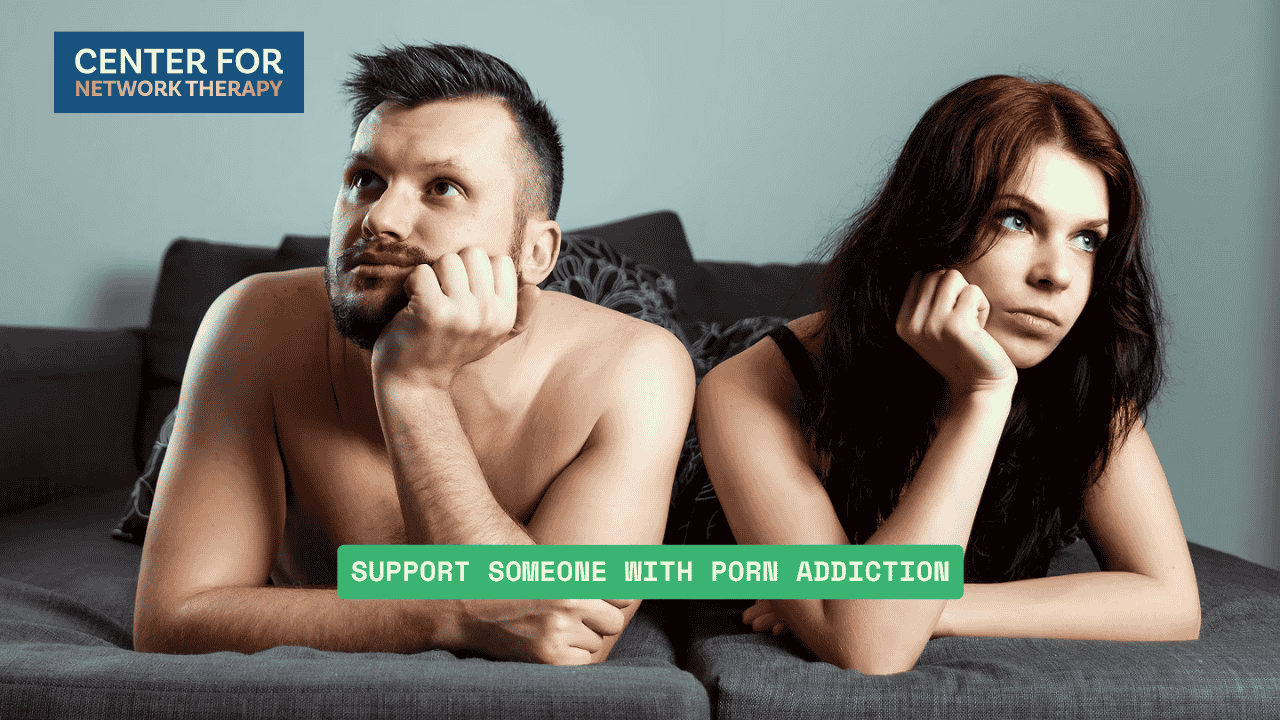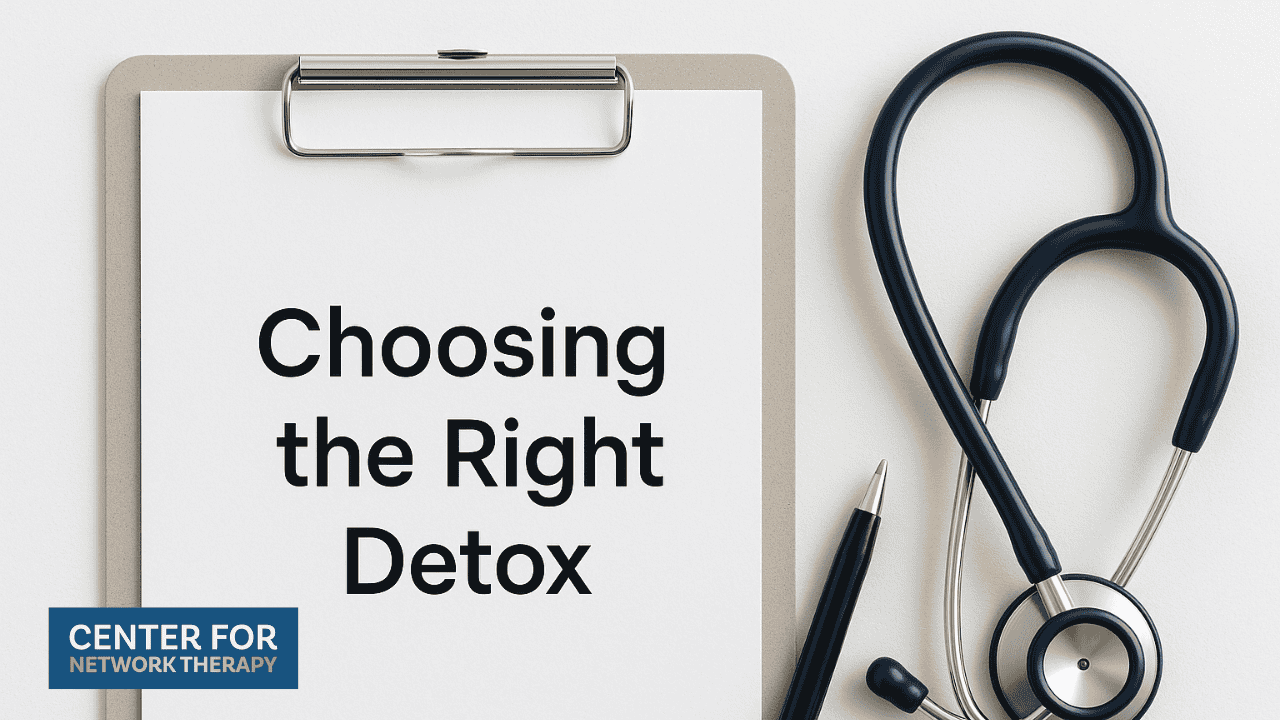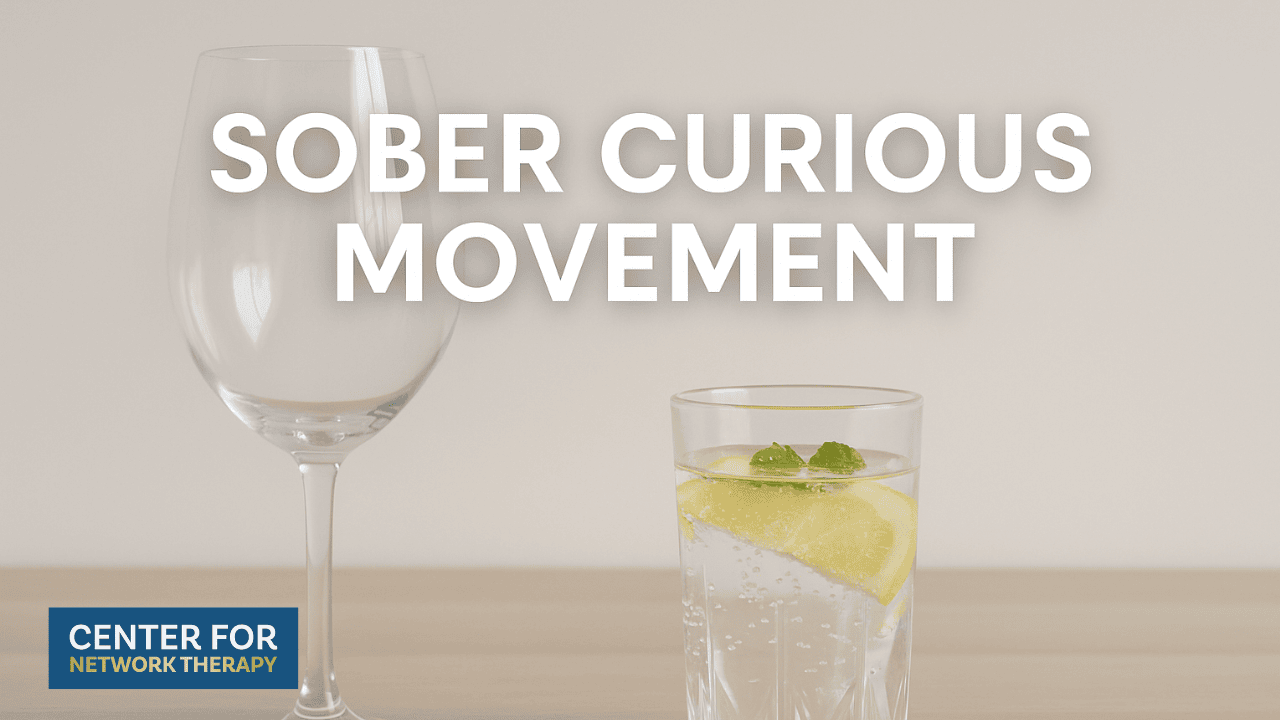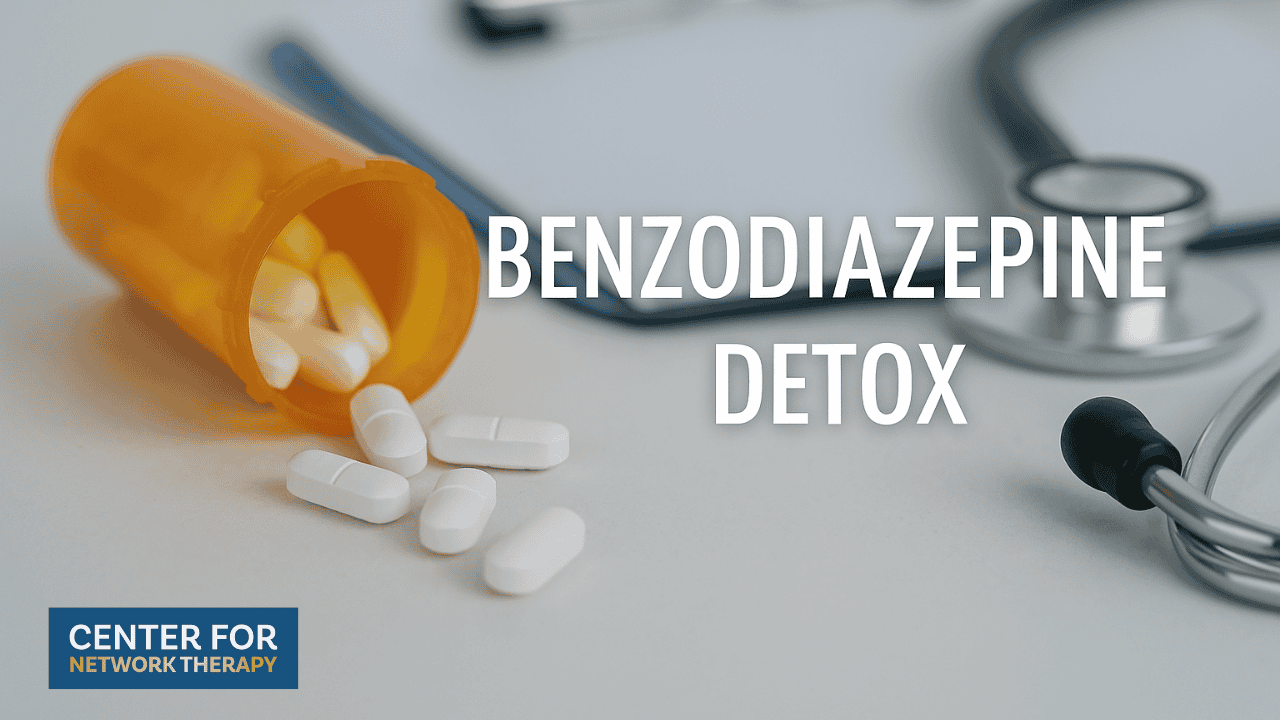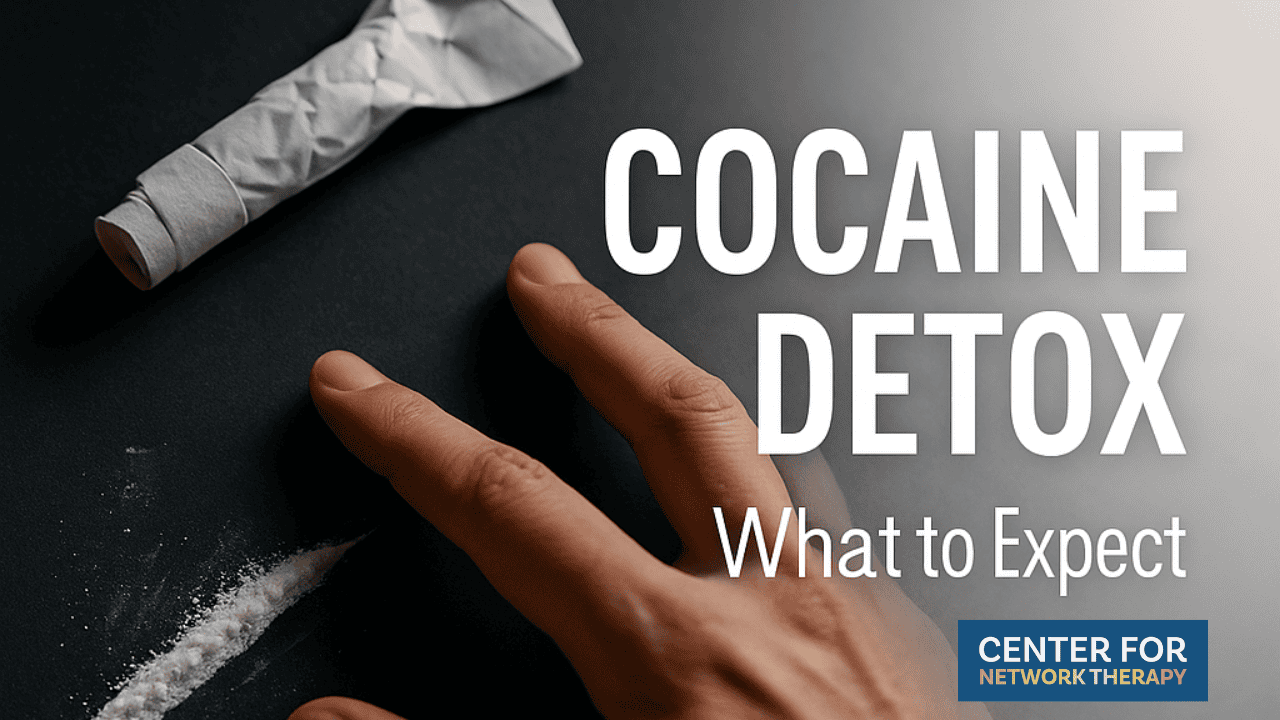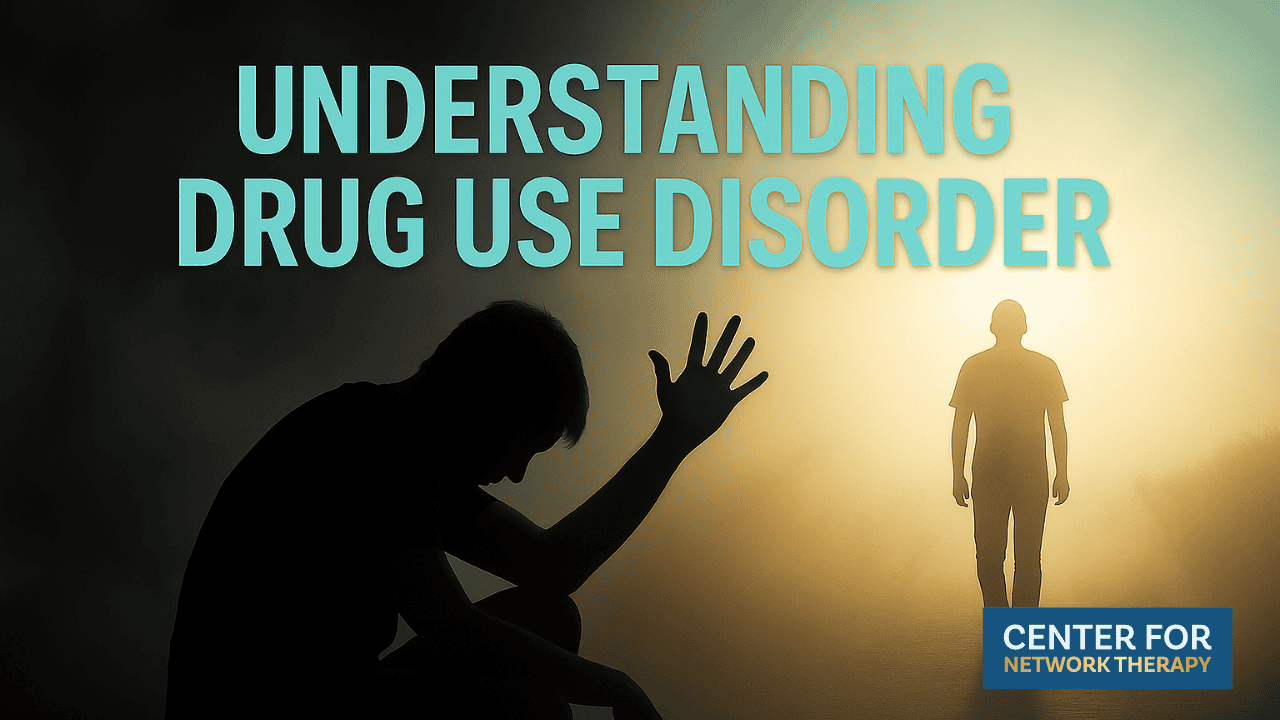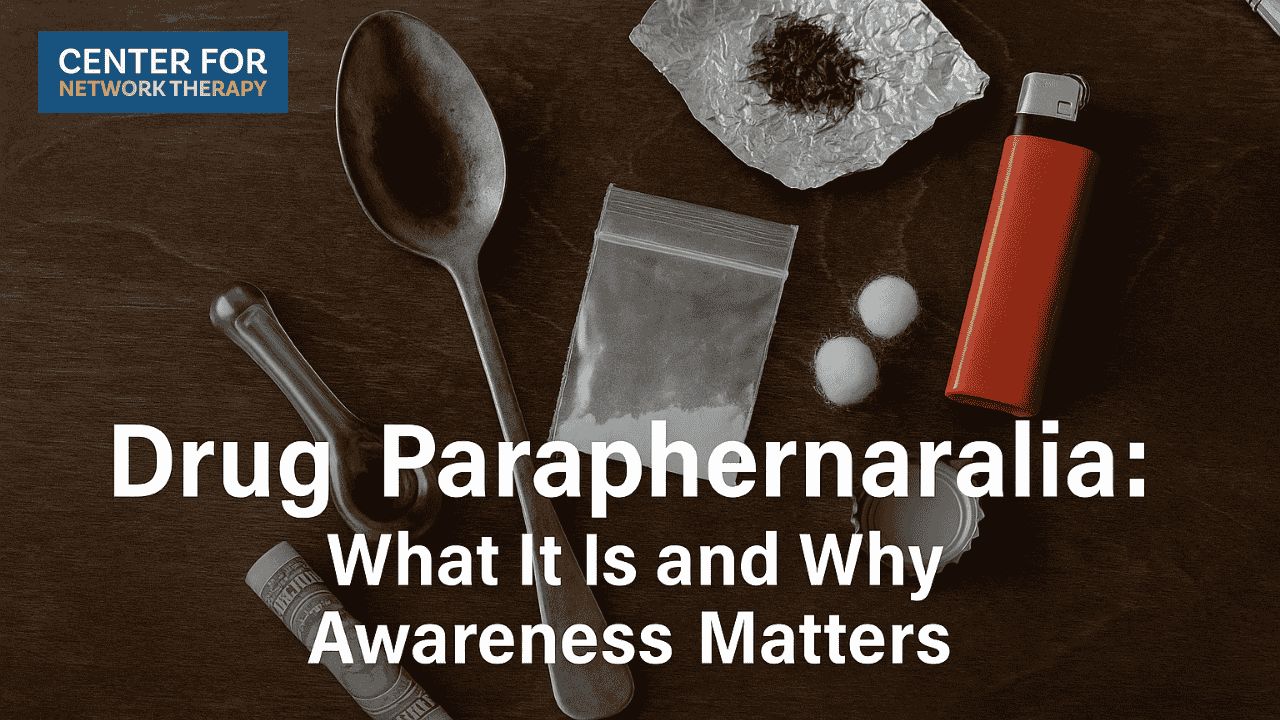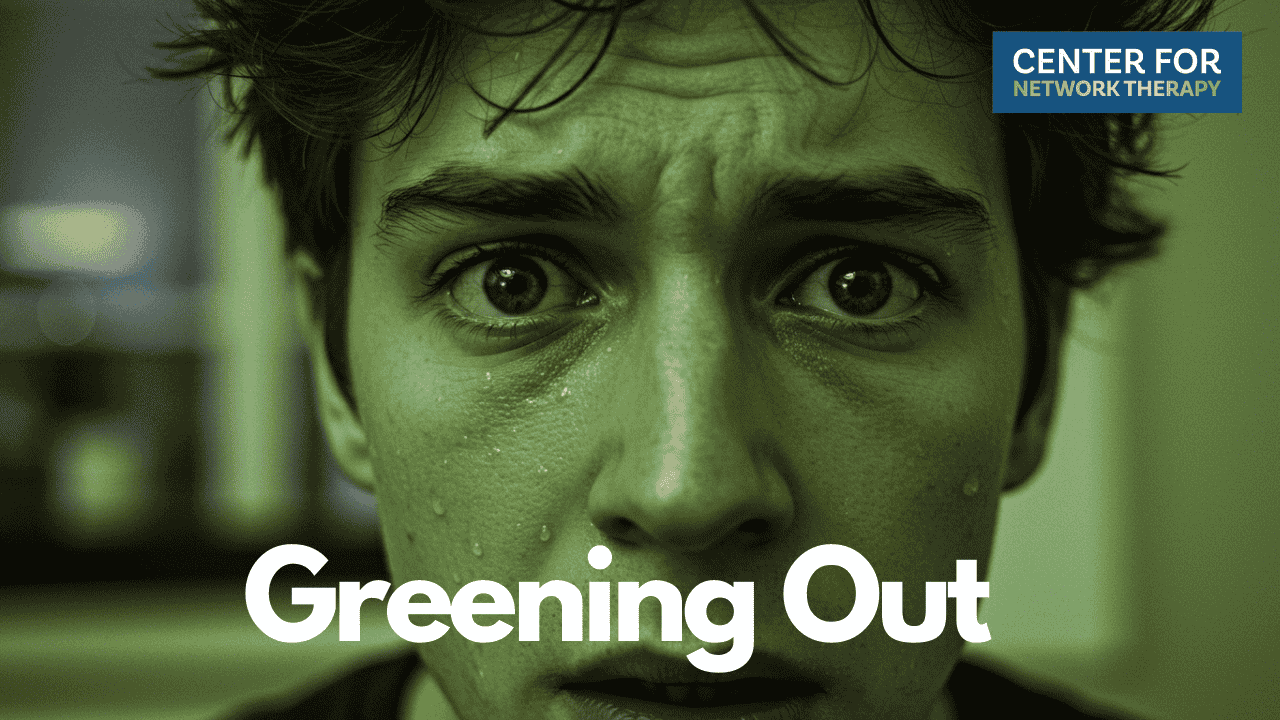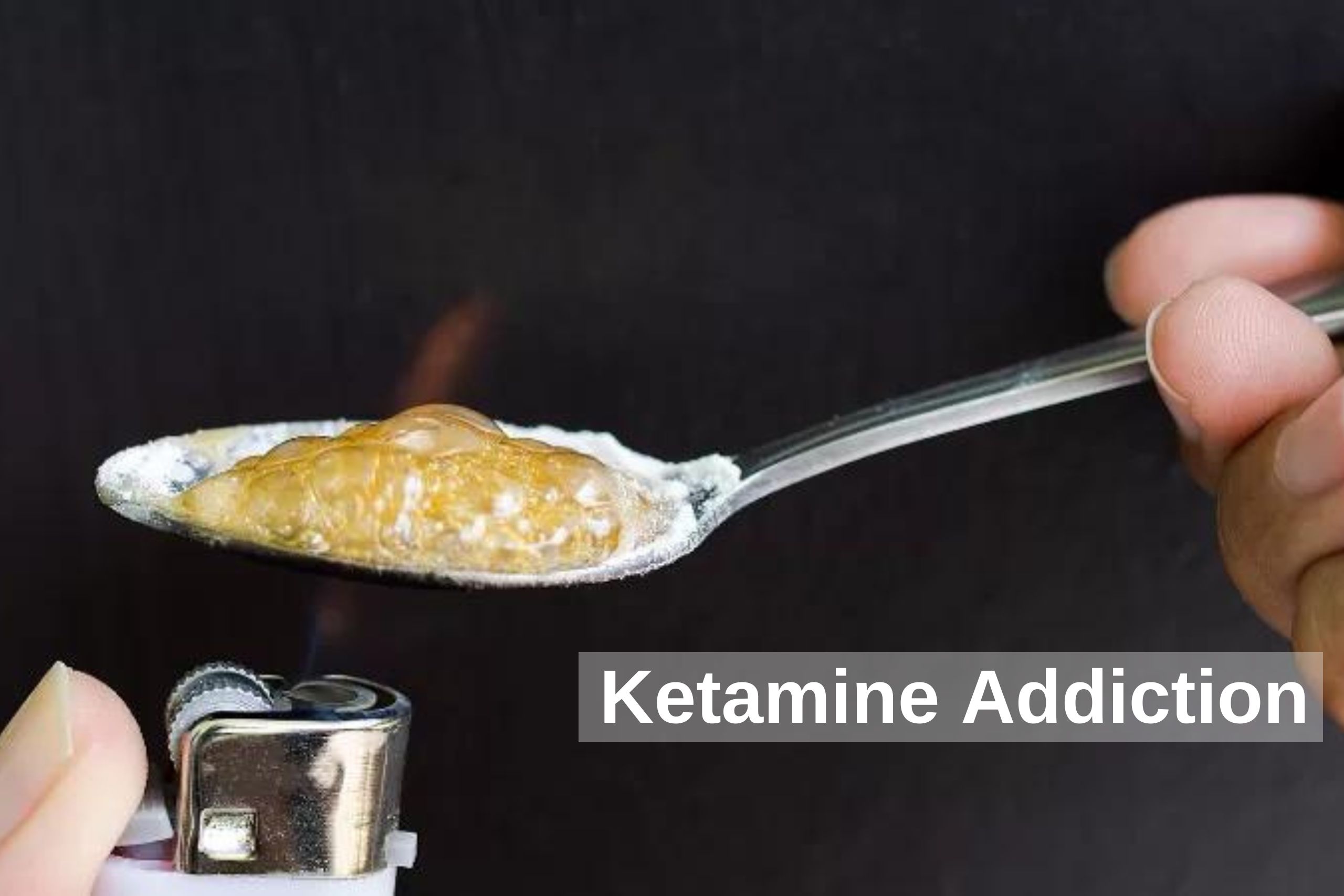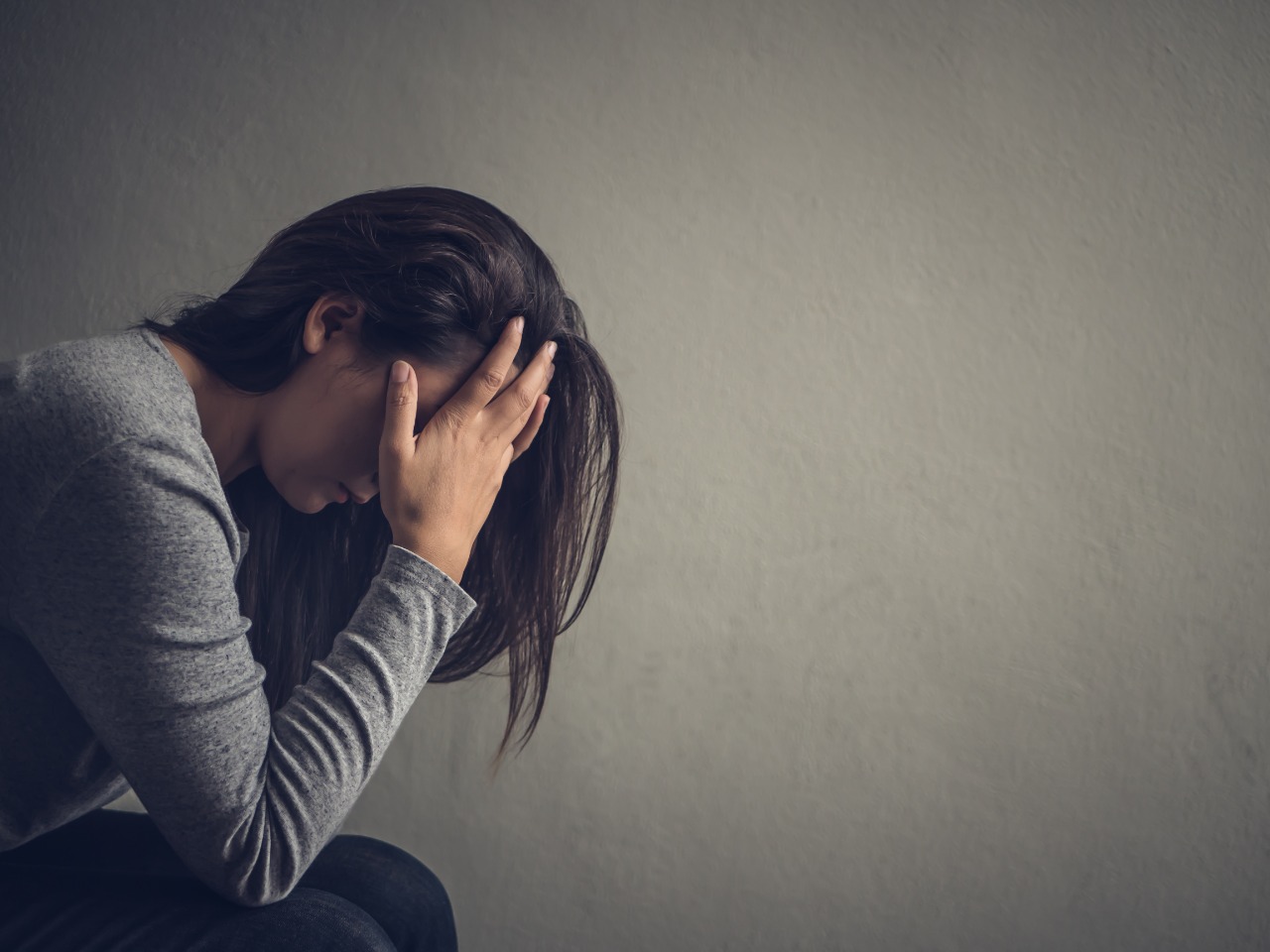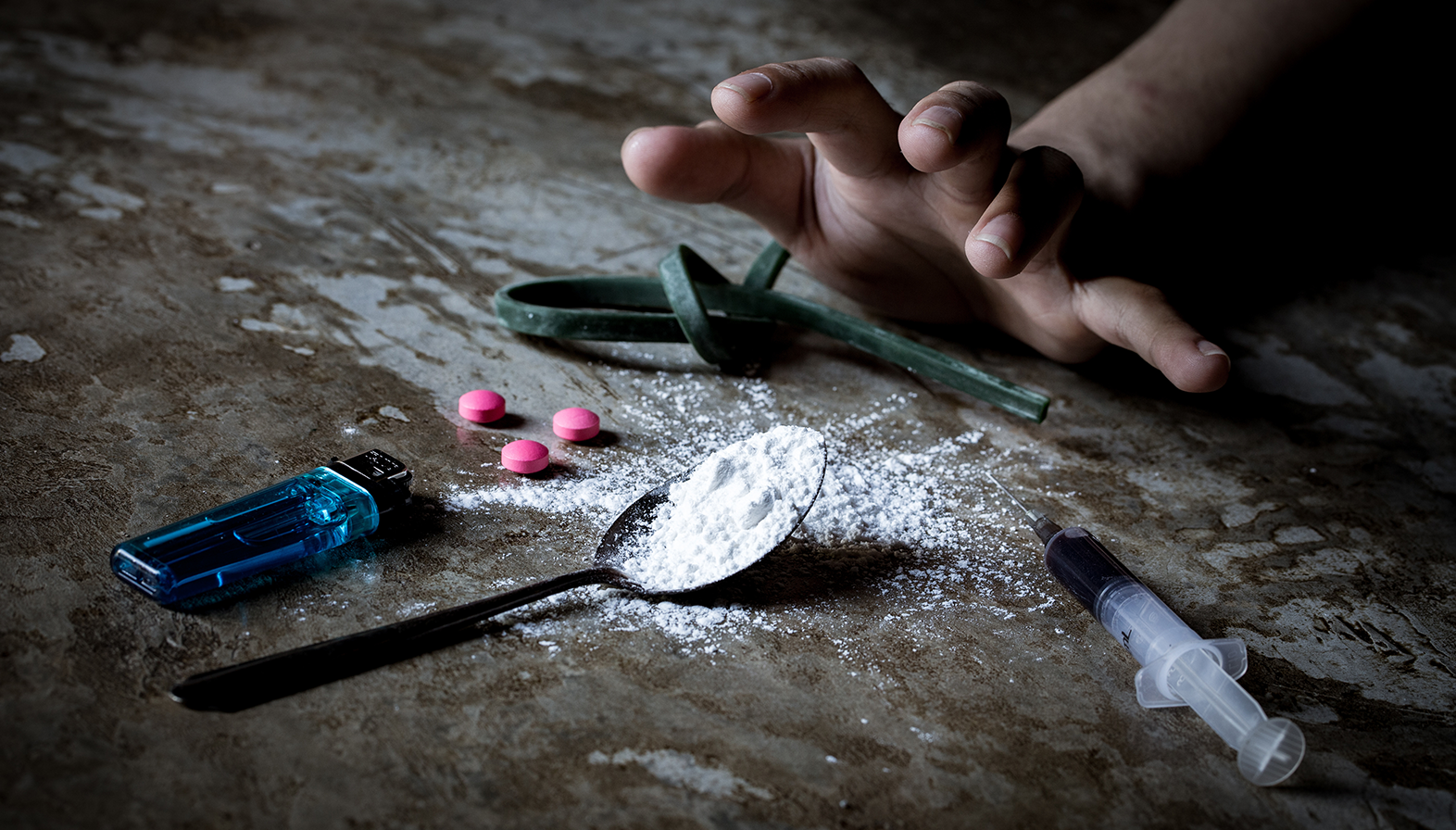Benzodiazepines (often called “benzos”) are prescription medications used to treat anxiety, panic disorders, insomnia, and seizures. Drugs like Xanax, Klonopin, Valium, and Ativan can be effective when used short-term; but they also carry a high risk of dependence when taken regularly over time.
Suppose you or someone you care about is trying to stop using benzodiazepines. In that case, it’s important to understand how detox works, why medical supervision is essential, and what recovery can look like.
Table of Contents
ToggleWhy Benzodiazepine Detox Is Different?
Unlike many other substances, stopping benzodiazepines suddenly can be dangerous. Withdrawal symptoms can range from mild anxiety and insomnia to more severe effects like seizures, especially if the medication has been used daily or in high doses.
That’s why professional detox; ideally in a structured setting; is not just recommended, it’s often necessary. Tapering off benzos slowly under medical supervision helps reduce the risk of serious withdrawal and supports safer recovery.
Common Withdrawal Symptoms
Withdrawal from benzodiazepines can vary depending on the drug, dosage, and duration of use. Symptoms can begin within hours of the last dose and may include:
- Rebound anxiety or panic attacks
- Irritability or restlessness
- Insomnia
- Sweating, trembling, or muscle pain
- Difficulty concentrating
- Heart palpitations
- In some cases: hallucinations or seizures
Because benzos affect the central nervous system, withdrawal can be both physically and psychologically intense. The process needs to be managed with care.
Can You Quit Benzos Cold Turkey?
For most people, quitting abruptly (“cold turkey”) is not safe. The body becomes accustomed to the calming effects of benzos, and sudden removal can cause the nervous system to rebound aggressively.
Tapering is the safest approach, where doses are slowly reduced over time under professional guidance. This allows the body to adjust gradually, lowering the risk of dangerous symptoms.
If you’re considering quitting benzos, starting with a conversation with a detox professional is a safe and informed first step.
CNT’s Approach to Benzo Detox
At the Center for Network Therapy (CNT), we offer outpatient detox programs tailored for individuals detoxing from benzodiazepines. Our programs are designed to:
- Provide medical supervision around the clock
- Create personalized tapering schedules
- Monitor physical and mental health during withdrawal
- Help individuals continue with life’s responsibilities during treatment
We understand that detox is more than just getting off a substance; it’s about stabilizing and beginning the path to long-term recovery.
What Happens After Detox?
Benzo detox is just the beginning of recovery. Once withdrawal is managed, many people benefit from ongoing support, including:
- Individual or group counseling
- Cognitive-behavioral therapy (CBT)
- Support for co-occurring conditions like anxiety or depression
- Education on coping strategies without medication
For additional insights into recognizing when treatment is needed, visit our guide to understanding drug use disorder.
Ready to Take the Next Step?
Detoxing from benzodiazepines can feel overwhelming, but you don’t have to go through it alone. At CNT, we offer compassionate, confidential support built around real-life needs.
Visit our Contact Page or explore more resources in our Blog Center.
Sources:
- National Institute on Drug Abuse: Prescription CNS Depressants DrugFacts
- SAMHSA: Benzodiazepine Use and Tapering
- Mayo Clinic: Benzodiazepine Withdrawal
Disclaimer: This blog is meant to offer guidance and education, not medical advice. If you’re feeling uncertain about your relationship with substances, you don’t have to figure it out alone. A healthcare provider can help; or if you’re not ready to talk, our anonymous self-check quiz is a gentle place to begin.



